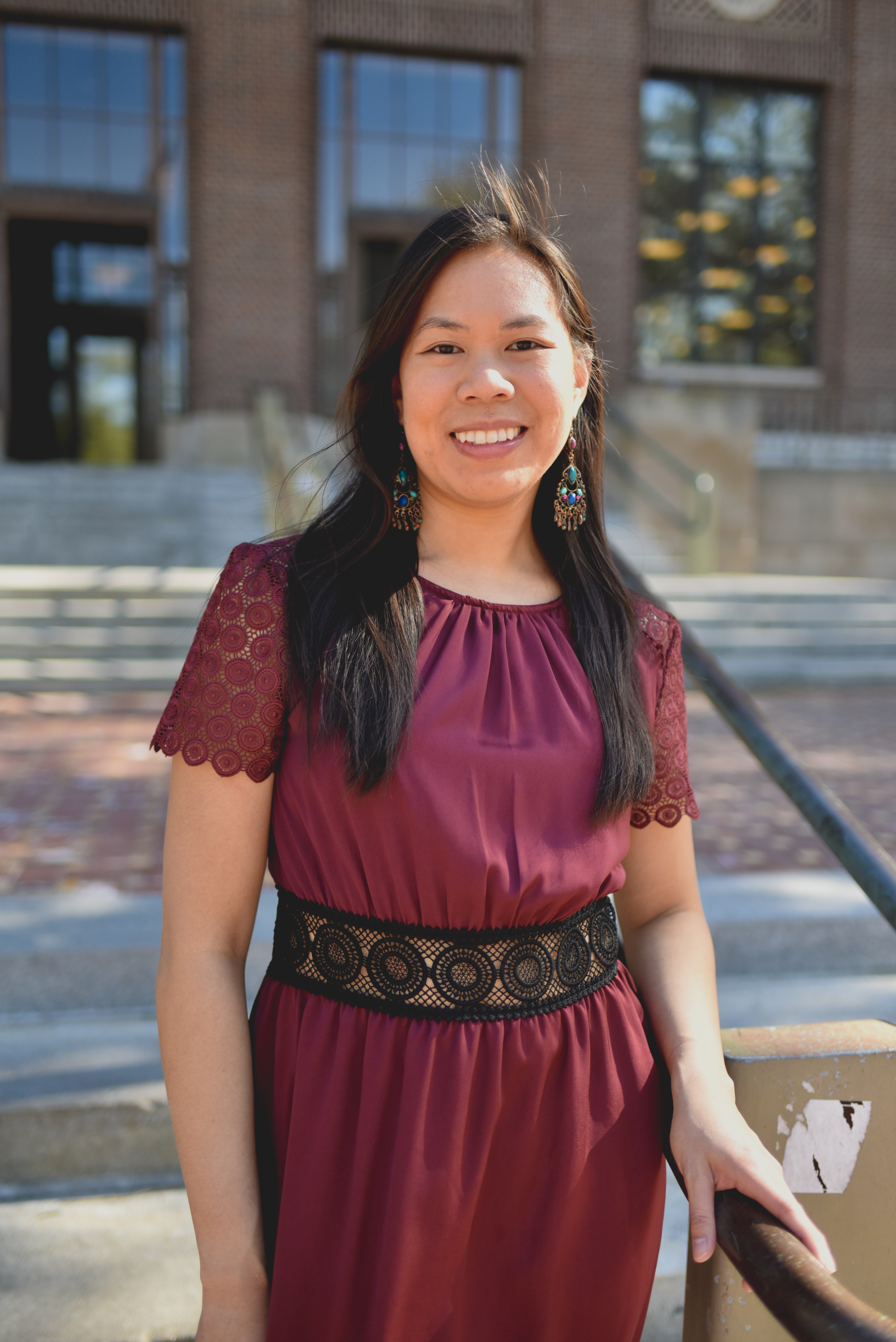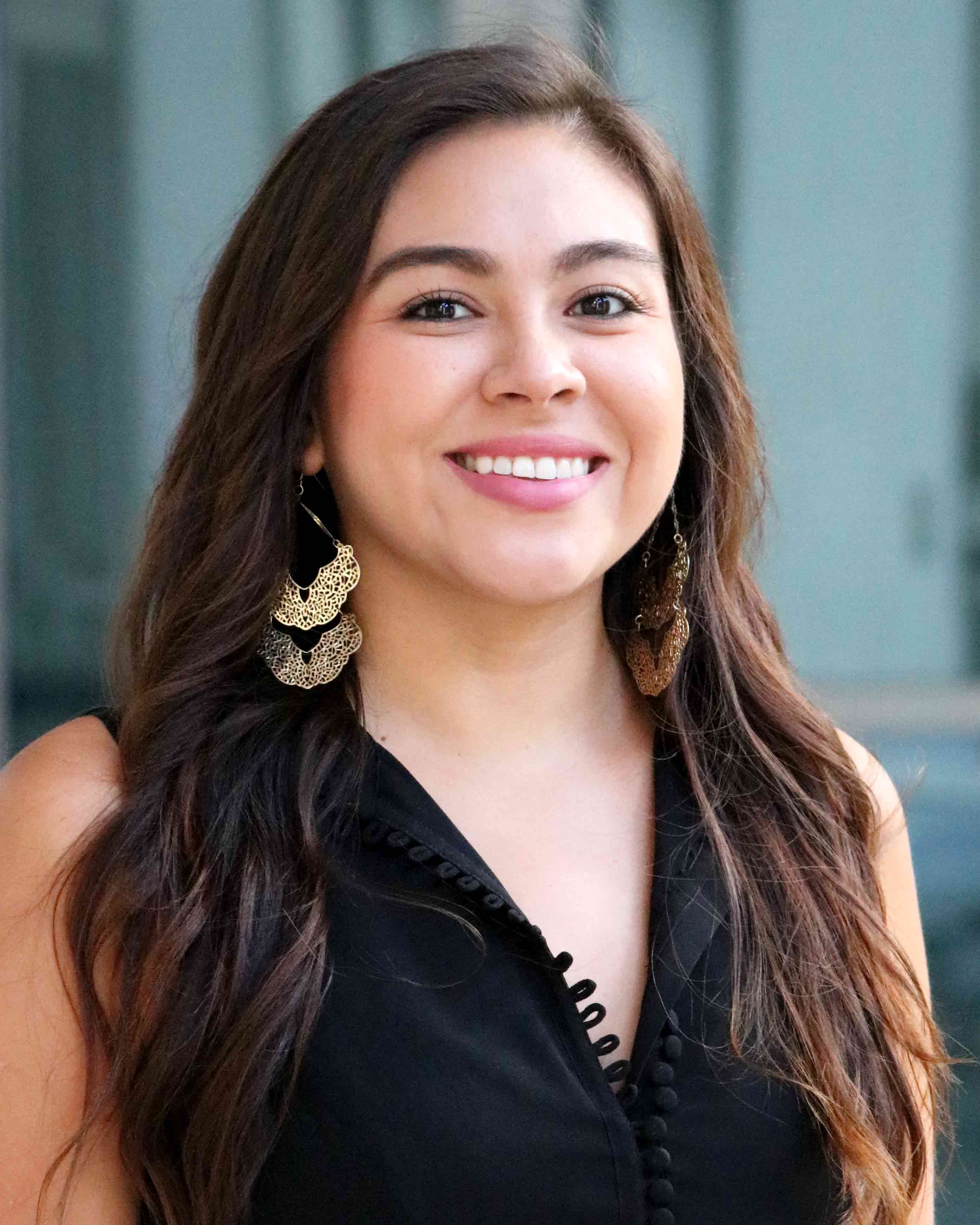 Anneleise Azua is a Ph.D. candidate in the American Studies department, as well as a graduate portfolio student in the Latino Studies Department at the University of Texas at Austin. Her interests include oral history, history of health and medicine, and U.S.-Mexico borderlands in the 19th and 20th century. Anneleise received her B.A. in Communication and Gender Studies at the University of Southern California, where she was a McNair Scholar and Mellon Mays Undergraduate Fellow. In 2016, she completed her M.A. in American Studies from the University of Texas at Austin. In 2018, she received a Dissertation Grant from the Woodrow Wilson Fellowship Foundation. She currently serves as a Latino Studies Fellow at the Smithsonian National Museum of American History in their Division of Medicine and Science. Anneleise was born and raised in South Texas’ Rio Grande Valley and enjoys telling and collecting true stories, cooking, and practicing yoga.
Anneleise Azua is a Ph.D. candidate in the American Studies department, as well as a graduate portfolio student in the Latino Studies Department at the University of Texas at Austin. Her interests include oral history, history of health and medicine, and U.S.-Mexico borderlands in the 19th and 20th century. Anneleise received her B.A. in Communication and Gender Studies at the University of Southern California, where she was a McNair Scholar and Mellon Mays Undergraduate Fellow. In 2016, she completed her M.A. in American Studies from the University of Texas at Austin. In 2018, she received a Dissertation Grant from the Woodrow Wilson Fellowship Foundation. She currently serves as a Latino Studies Fellow at the Smithsonian National Museum of American History in their Division of Medicine and Science. Anneleise was born and raised in South Texas’ Rio Grande Valley and enjoys telling and collecting true stories, cooking, and practicing yoga.
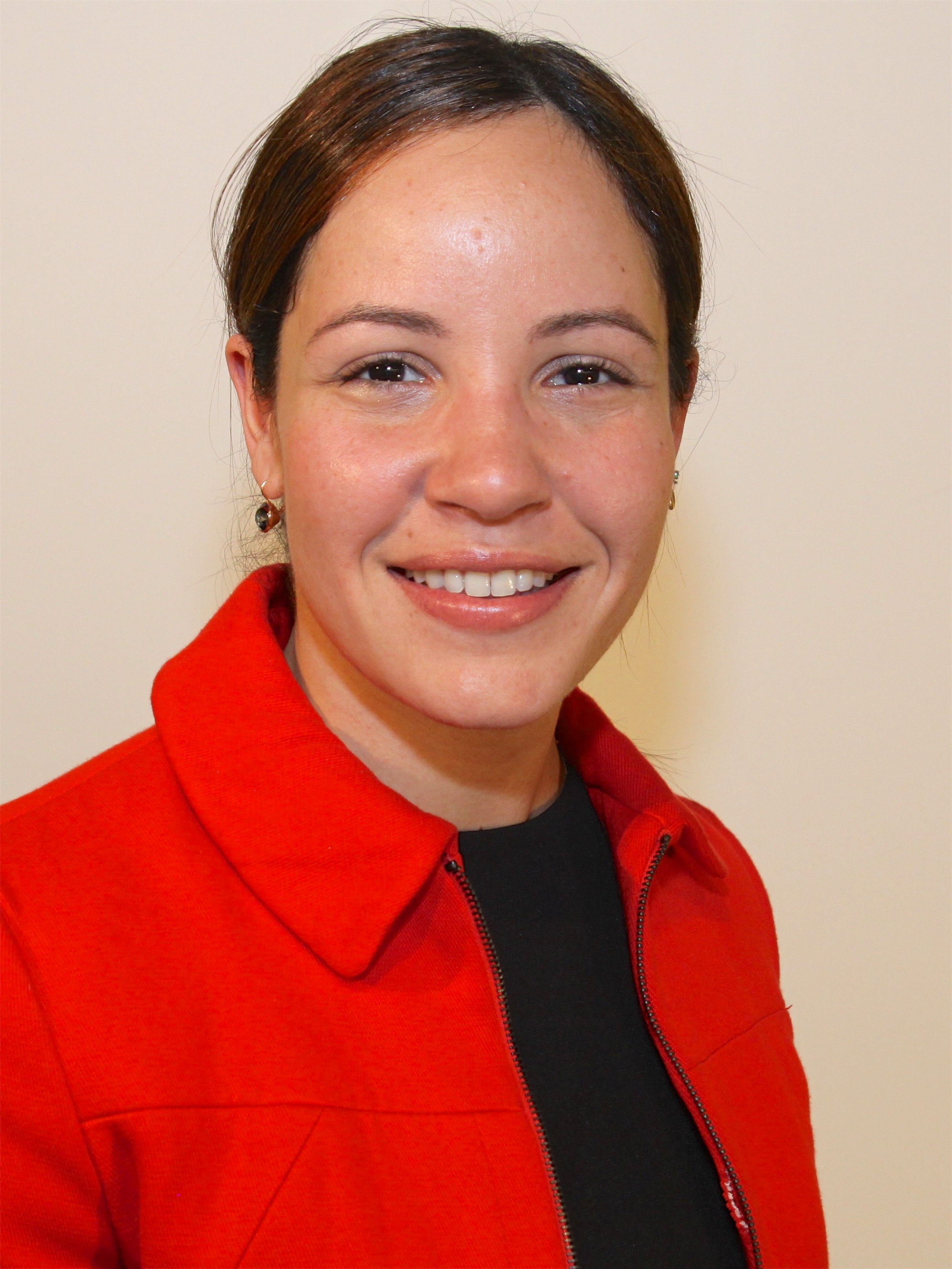 Maria Baez Cruz is a Ph.D. candidate in Measurement, Evaluation, Statistics, and Assessment at Boston College Lynch School of Education. Her research interests include policy evaluation and survey methods, in particular, the assessment of hard-to-measure constructs and survey feedback for institutional change. Maria has presented her work in the American Educational Research Association Annual Meetings, and the New England Education Research Organization Annual Conference. Prior to embarking on her doctoral degree, Maria was a Research Manager at the Abdul Latif Jameel Poverty Action Lab (J-PAL) Latin America in Santiago de Chile. In this role, she managed the Compass and Quipu Commissions, partnerships with the Chilean Ministry of Planning and the Peruvian Ministry of Development, respectively, to generate evidence through randomized controlled trials to answer pressing public policy issues. Maria has also worked as a research assistant at the Center for Education Policy Research at Harvard, consulted for the Dominican Republic’s Ministry of Education, and the United Nations Development Program in Santo Domingo. Her teaching roles include Introductory Statistics (ERME7468) at the Lynch School of Education and Microeconomics (A-205) at the Harvard Graduate School of Education. Maria holds a Master’s in International Education Policy from Harvard University, a Master’s in Public Policy in Development from Paris School of Economics and L'École des Hautes Études en Sciences Sociales, and a bachelor’s in Economics from Pontificia Universidad Católica Madre y Maestra.
Maria Baez Cruz is a Ph.D. candidate in Measurement, Evaluation, Statistics, and Assessment at Boston College Lynch School of Education. Her research interests include policy evaluation and survey methods, in particular, the assessment of hard-to-measure constructs and survey feedback for institutional change. Maria has presented her work in the American Educational Research Association Annual Meetings, and the New England Education Research Organization Annual Conference. Prior to embarking on her doctoral degree, Maria was a Research Manager at the Abdul Latif Jameel Poverty Action Lab (J-PAL) Latin America in Santiago de Chile. In this role, she managed the Compass and Quipu Commissions, partnerships with the Chilean Ministry of Planning and the Peruvian Ministry of Development, respectively, to generate evidence through randomized controlled trials to answer pressing public policy issues. Maria has also worked as a research assistant at the Center for Education Policy Research at Harvard, consulted for the Dominican Republic’s Ministry of Education, and the United Nations Development Program in Santo Domingo. Her teaching roles include Introductory Statistics (ERME7468) at the Lynch School of Education and Microeconomics (A-205) at the Harvard Graduate School of Education. Maria holds a Master’s in International Education Policy from Harvard University, a Master’s in Public Policy in Development from Paris School of Economics and L'École des Hautes Études en Sciences Sociales, and a bachelor’s in Economics from Pontificia Universidad Católica Madre y Maestra.
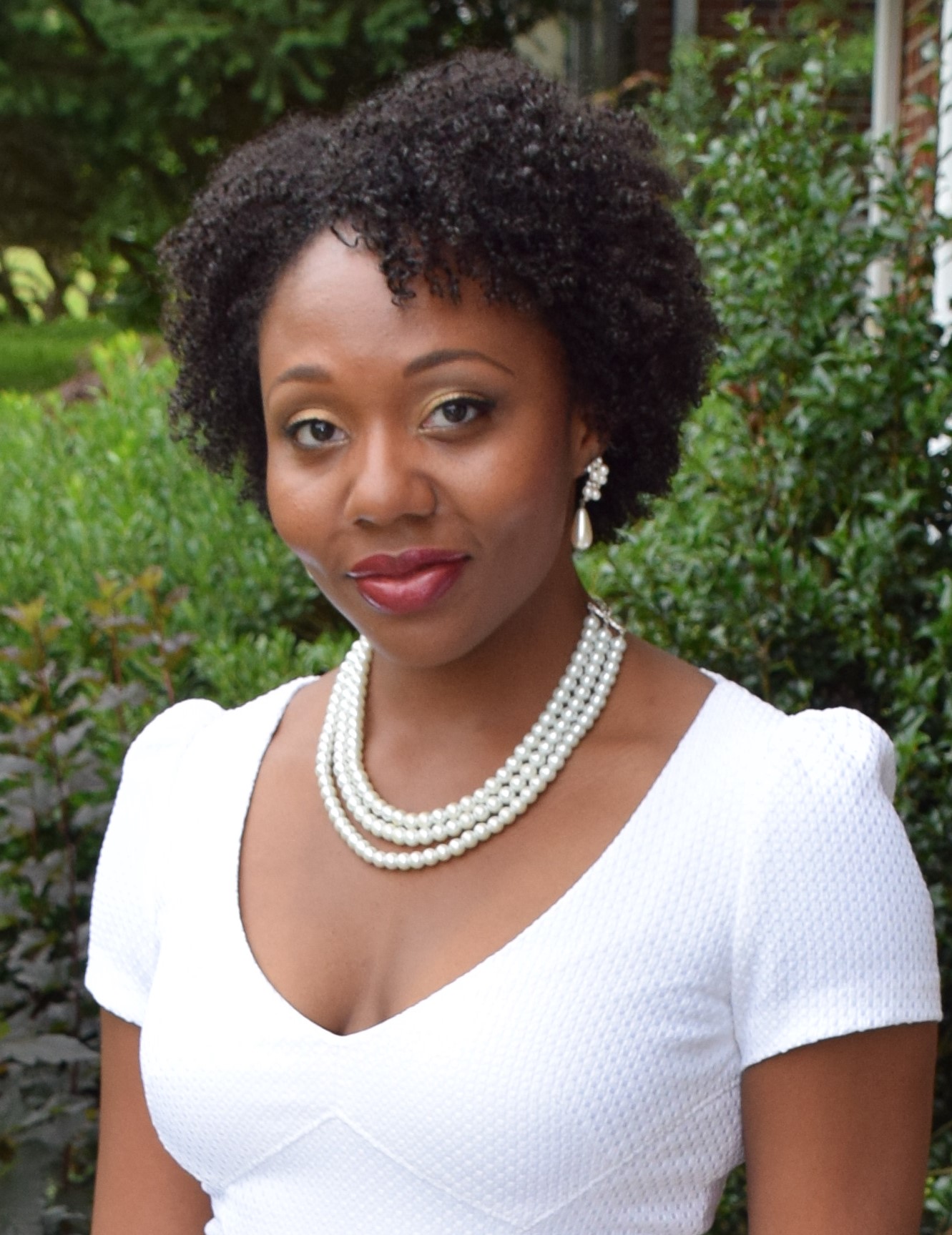
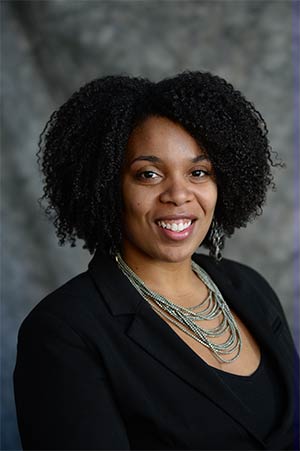 Bailey Brown is a doctoral candidate in Sociology, a Paul F. Lazarsfeld Fellow and a Ford Foundation Fellow. Bailey hails from Brooklyn, New York, and Danbury, Connecticut. She received her undergraduate degree in Sociology from the University of Pennsylvania with minors in urban education and Africana studies. Bailey’s senior thesis was awarded the E. Digby Baltzell Award for her work on low-income families in West Philadelphia. Bailey participated in the Ronald E. McNair Postbaccalaureate Achievement program and the Leadership Alliance research program as an undergraduate. She has presented her work at numerous conferences across the United States and abroad. Bailey co-facilitated the Office of Academic Diversity Research Collective for interdisciplinary graduate student scholars at Columbia and served as a fellow for the Office of Multicultural Affairs. Bailey has also served as a coordinator for two sociology workshops including the Race, Ethnicity and Migration Workshop and the Wealth and Inequality Seminar Series. Bailey studies urban sociology, social stratification/inequality, race/ethnicity and education inequality and policy. Her dissertation focuses on school decision-making for parents across the socioeconomic spectrum in New York City.
Bailey Brown is a doctoral candidate in Sociology, a Paul F. Lazarsfeld Fellow and a Ford Foundation Fellow. Bailey hails from Brooklyn, New York, and Danbury, Connecticut. She received her undergraduate degree in Sociology from the University of Pennsylvania with minors in urban education and Africana studies. Bailey’s senior thesis was awarded the E. Digby Baltzell Award for her work on low-income families in West Philadelphia. Bailey participated in the Ronald E. McNair Postbaccalaureate Achievement program and the Leadership Alliance research program as an undergraduate. She has presented her work at numerous conferences across the United States and abroad. Bailey co-facilitated the Office of Academic Diversity Research Collective for interdisciplinary graduate student scholars at Columbia and served as a fellow for the Office of Multicultural Affairs. Bailey has also served as a coordinator for two sociology workshops including the Race, Ethnicity and Migration Workshop and the Wealth and Inequality Seminar Series. Bailey studies urban sociology, social stratification/inequality, race/ethnicity and education inequality and policy. Her dissertation focuses on school decision-making for parents across the socioeconomic spectrum in New York City.
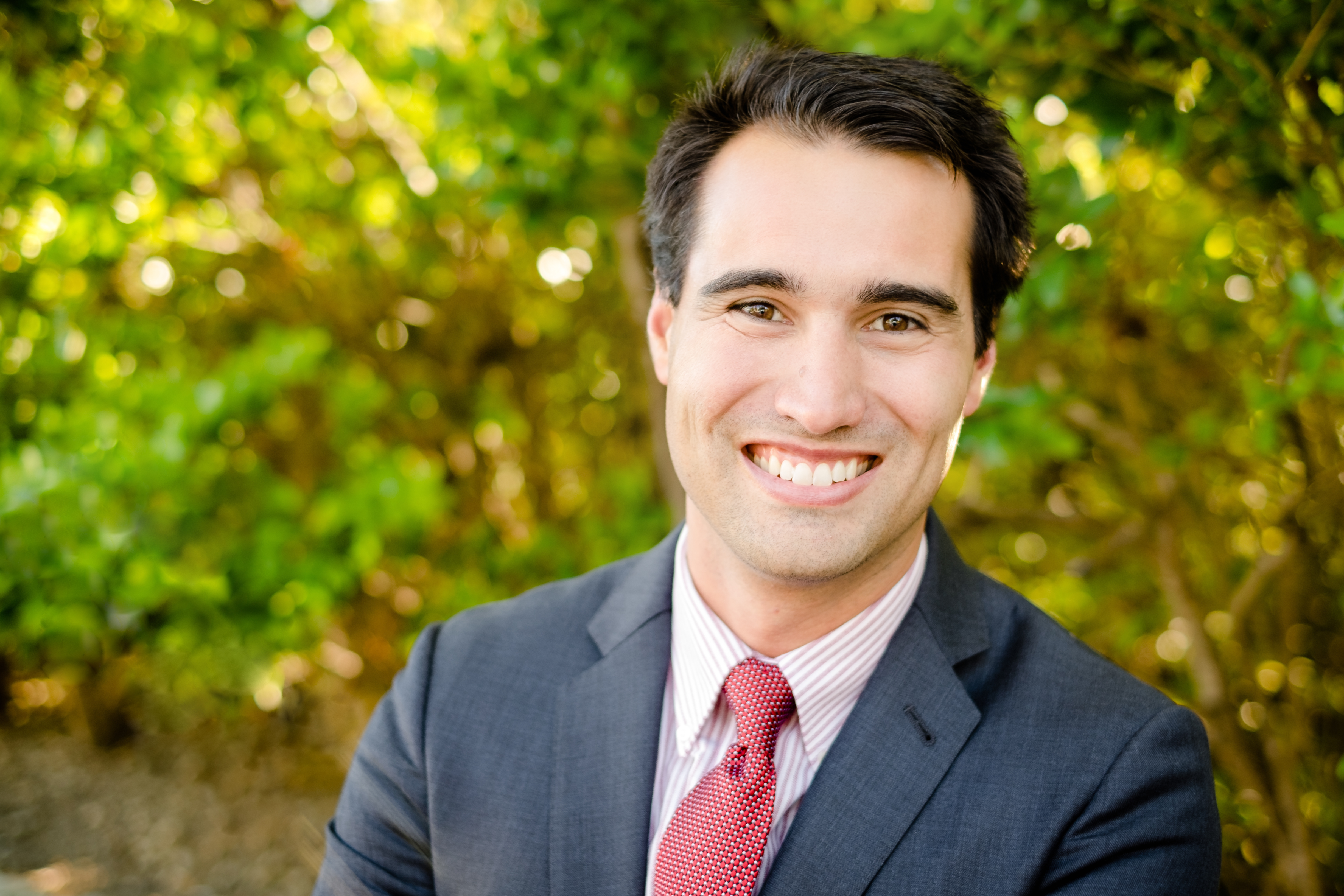
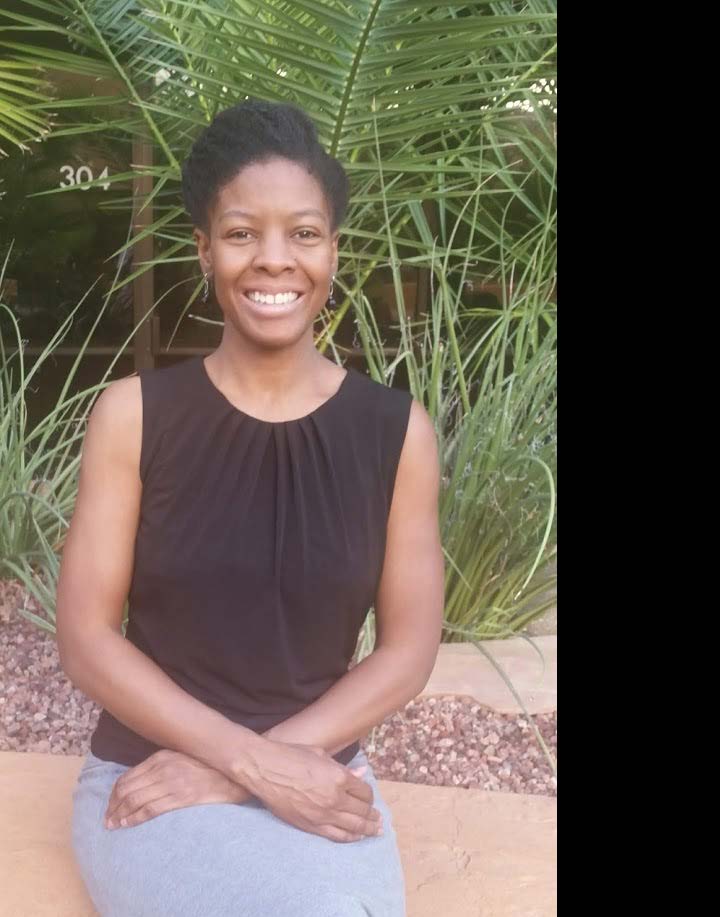 Shondricka Burrell is a Ph.D. candidate in the College of Education at Temple University where she has engaged in quasi-experimental research in K-12 and college settings. As a research assistant under the mentorship of Doug Lombardi, Shondricka has investigated instructional scaffolds designed to support critical thinking, evidence-based reasoning, plausibility reappraisal, and scientific explanation in secondary Earth and Space science students. She has also been part of a collaboration between the College of Education and the College of Science and Technology at Temple University investigating math mentoring as a retention strategy for undergraduate geology majors. Shondricka’s dissertation research is an extension of this work in geoscience education but is more specifically motivated by issues of educational access, environmental justice, science contextualized in the lived experience of students, and science for problem solving. Using a combination of quantitative and qualitative analytical methods, she is exploring place-based transformative learning, student interest development, and self-beliefs of competence. Shondricka has been recognized for her research receiving the Richard C. Anderson Graduate Student Research Award from the National Consortium for Instruction and Cognition, and a graduate student research grant from the Geological Society of America. Shondricka has also been named a Jhumki Basu Scholar by the National Association for Research in Science Teaching (NARST) and is a Community for Advancing Discovery Research in Education (CADRE) fellow.
Shondricka Burrell is a Ph.D. candidate in the College of Education at Temple University where she has engaged in quasi-experimental research in K-12 and college settings. As a research assistant under the mentorship of Doug Lombardi, Shondricka has investigated instructional scaffolds designed to support critical thinking, evidence-based reasoning, plausibility reappraisal, and scientific explanation in secondary Earth and Space science students. She has also been part of a collaboration between the College of Education and the College of Science and Technology at Temple University investigating math mentoring as a retention strategy for undergraduate geology majors. Shondricka’s dissertation research is an extension of this work in geoscience education but is more specifically motivated by issues of educational access, environmental justice, science contextualized in the lived experience of students, and science for problem solving. Using a combination of quantitative and qualitative analytical methods, she is exploring place-based transformative learning, student interest development, and self-beliefs of competence. Shondricka has been recognized for her research receiving the Richard C. Anderson Graduate Student Research Award from the National Consortium for Instruction and Cognition, and a graduate student research grant from the Geological Society of America. Shondricka has also been named a Jhumki Basu Scholar by the National Association for Research in Science Teaching (NARST) and is a Community for Advancing Discovery Research in Education (CADRE) fellow.
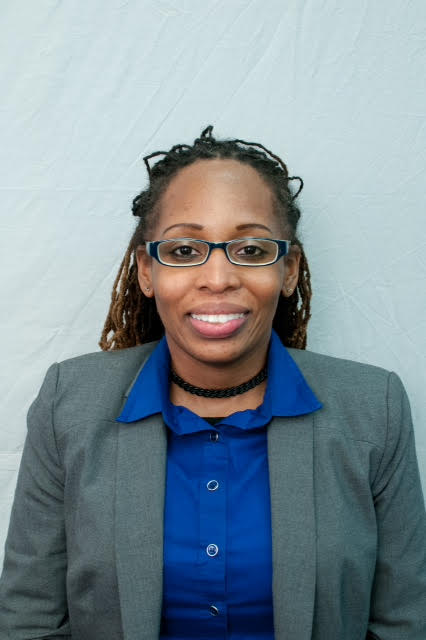 Rhonda Erica Baylor-Celey is an educational psychology Ph.D. candidate at Howard University and an education research analyst with an expertise in testing and assessments. Her research examines the impact of testing on students of color as it relates to access. As a college instructor, education researcher, and data analyst, Rhonda’s research also focuses on higher education completion for students of color. In addition, Rhonda studies the intersectionality of students of color and academic outcomes at Ivy League colleges/universities. Furthermore, she examines the connection between emotions and assessments. A graduate of Harvard University, Rhonda has published in both The Journal of Negro Education and New Directions for Higher Education. She conducts both quantitative and qualitative research studies which contribute to the higher education paradigm and has presented at a number of conferences including the American Association of Public Opinion Researchers. Moreover, she has served as an expert panel member at events such as the Catalyst Network Paying it Forward: HBCU and Ivy-League Experience Panel. She is the recipient of the 2016 Howard University Frederick Douglass Fellowship. Furthermore, Rhonda is an international scholar, as well, and has visited schools in Haiti. She was honored in the 2010 University of Baltimore’s 30 under 30 special magazine edition. Rhonda received a bachelors of business administration from Morgan State University, a master’s degree in business administration from the University of Baltimore, and a master’s degree of higher education from Harvard University.
Rhonda Erica Baylor-Celey is an educational psychology Ph.D. candidate at Howard University and an education research analyst with an expertise in testing and assessments. Her research examines the impact of testing on students of color as it relates to access. As a college instructor, education researcher, and data analyst, Rhonda’s research also focuses on higher education completion for students of color. In addition, Rhonda studies the intersectionality of students of color and academic outcomes at Ivy League colleges/universities. Furthermore, she examines the connection between emotions and assessments. A graduate of Harvard University, Rhonda has published in both The Journal of Negro Education and New Directions for Higher Education. She conducts both quantitative and qualitative research studies which contribute to the higher education paradigm and has presented at a number of conferences including the American Association of Public Opinion Researchers. Moreover, she has served as an expert panel member at events such as the Catalyst Network Paying it Forward: HBCU and Ivy-League Experience Panel. She is the recipient of the 2016 Howard University Frederick Douglass Fellowship. Furthermore, Rhonda is an international scholar, as well, and has visited schools in Haiti. She was honored in the 2010 University of Baltimore’s 30 under 30 special magazine edition. Rhonda received a bachelors of business administration from Morgan State University, a master’s degree in business administration from the University of Baltimore, and a master’s degree of higher education from Harvard University.
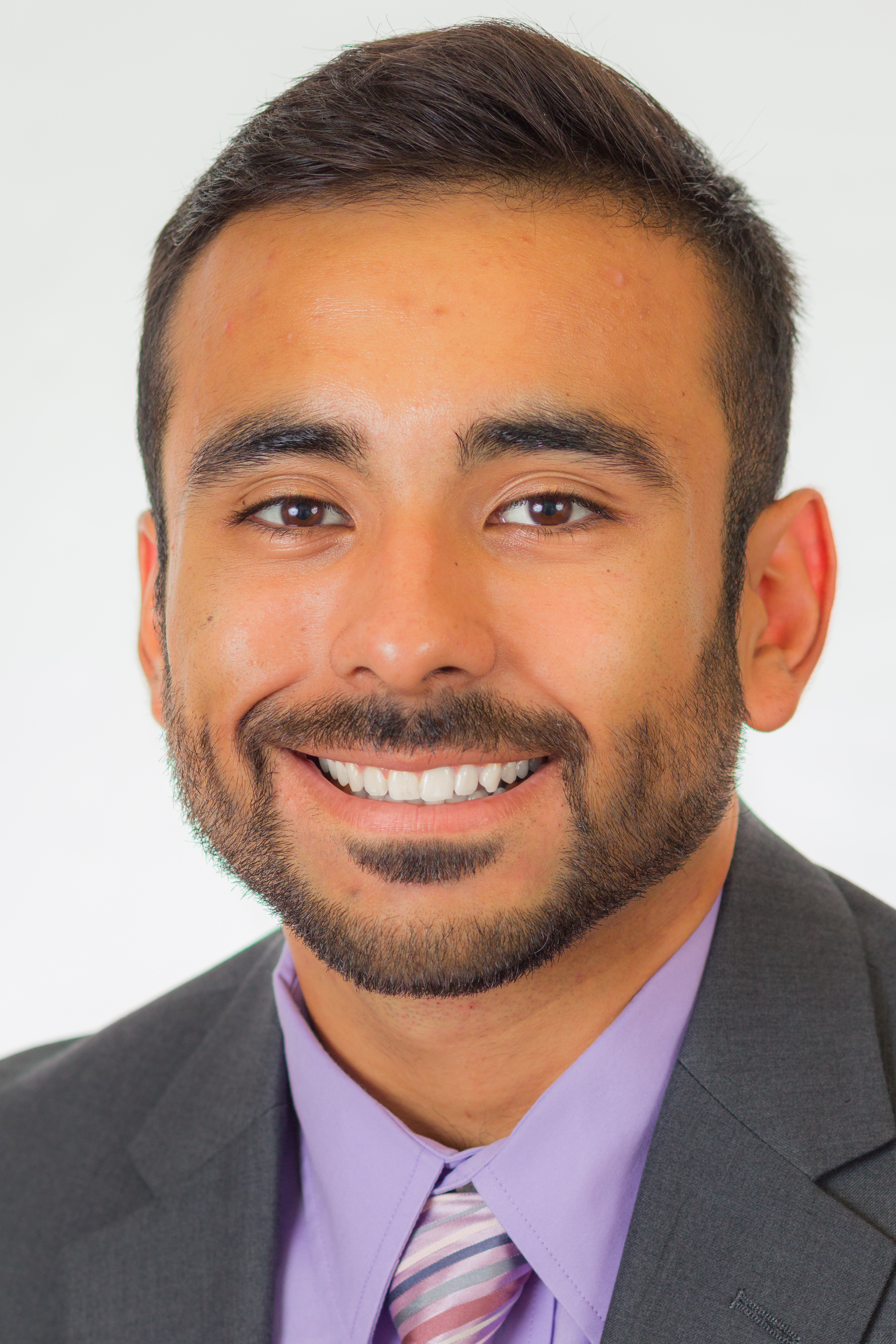 Daniel Corral is a doctoral student in Educational Leadership & Policy Analysis at the University of Wisconsin-Madison. He is also an Institute for Education Sciences Predoctoral Fellow at the Wisconsin Center for Education Research. He received his Bachelor’s in secondary education and history from Beloit College, where he was also a Ronald E. McNair Scholar. He received his Master’s in Educational Leadership & Policy Analysis from UW-Madison. He is a native of Chicago, Illinois.
Daniel Corral is a doctoral student in Educational Leadership & Policy Analysis at the University of Wisconsin-Madison. He is also an Institute for Education Sciences Predoctoral Fellow at the Wisconsin Center for Education Research. He received his Bachelor’s in secondary education and history from Beloit College, where he was also a Ronald E. McNair Scholar. He received his Master’s in Educational Leadership & Policy Analysis from UW-Madison. He is a native of Chicago, Illinois.
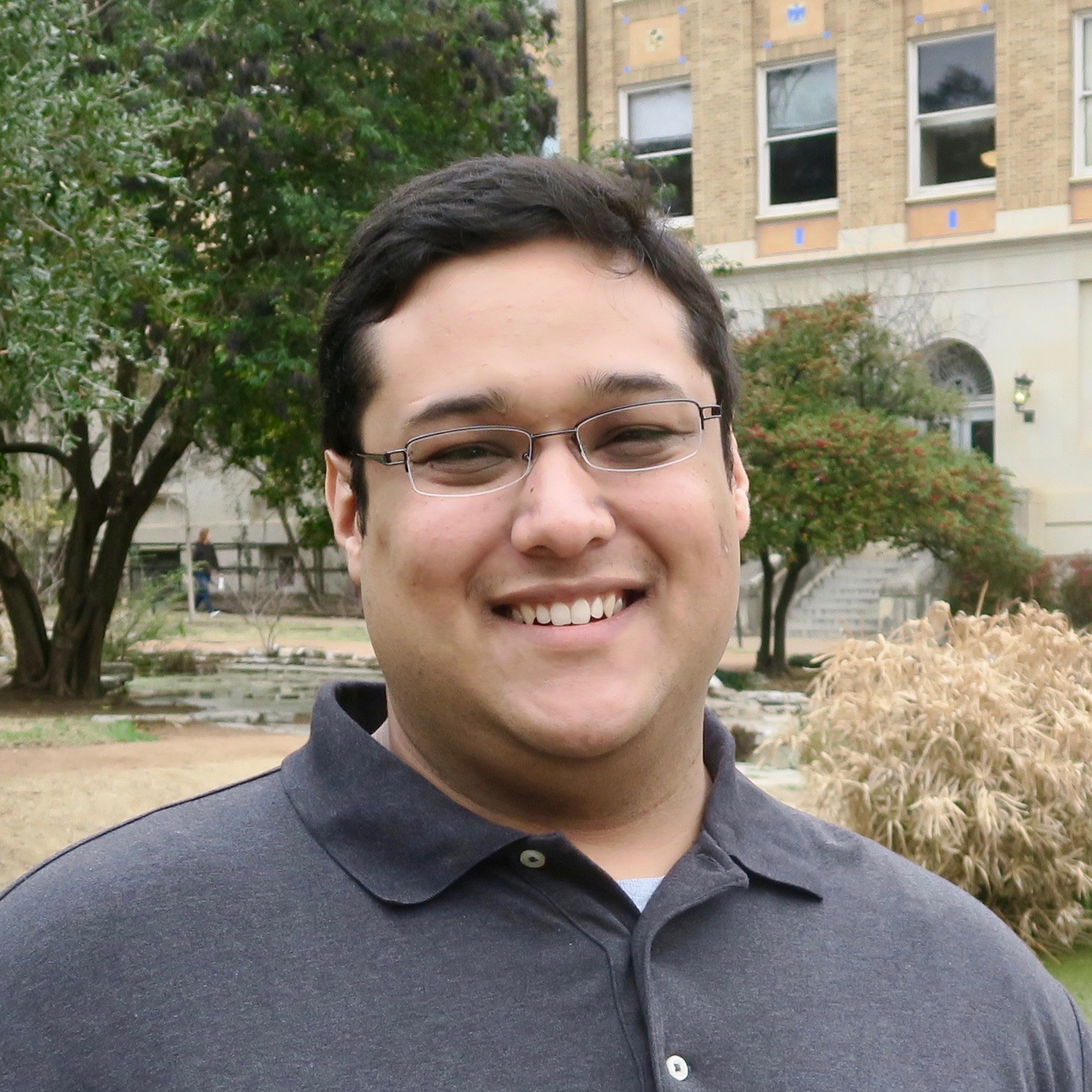
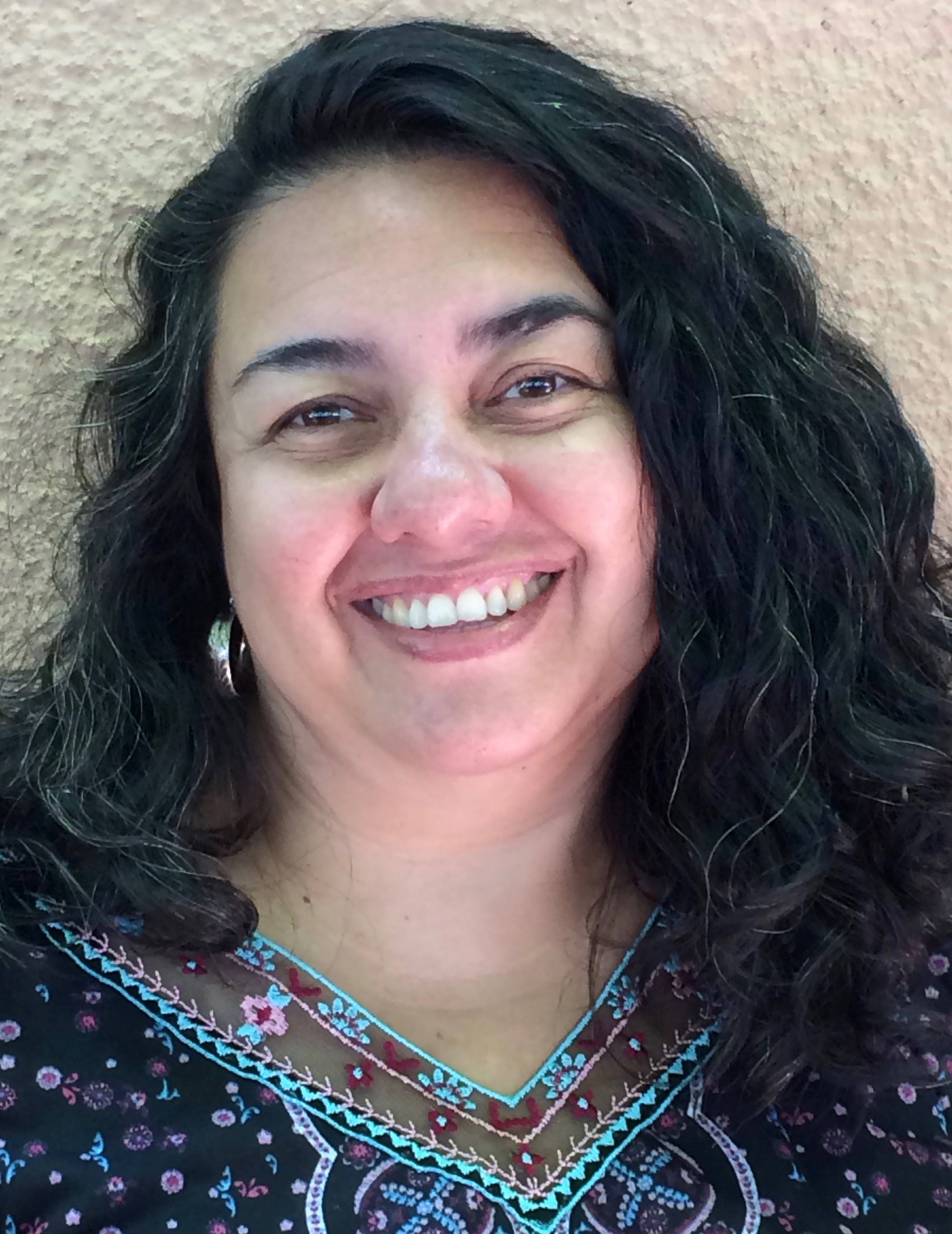 V. Gina Diaz is A Ph.D. candidate in the Department of American Studies at the University of New Mexico as an interdisciplinary scholar, she focuses on contemporary art, visual culture, and cultural politics at the intersection of race, sexuality, and gender. Gina’s areas of research and teaching are women of color, indigenous, and transnational feminisms; queer of color critique; and cultural studies including art and visual culture, critical museum studies, and cultural politics of the Américas. The Mellon and Ford Foundations have generously supported her doctoral research. Gina has presented her work in numerous academic and museum venues and has taught at the Universities of California and New Mexico. She became curator at the National Hispanic Cultural Center’s art museum after earning her M.A. in Museum Studies at John F. Kennedy University in the San Francisco Bay Area, and also worked on various museum projects including the California Indian Heritage Center and with the Smithsonian Latino Center. Gina’s community work includes leadership in the national Museums & Race collective; collaboration with Museums as a Site for Social Action (or MASS Action) at the Minneapolis Institute of Art; exhibition development as a board member of the Gutiérrez-Hubbell House; and curatorial work with the Southwest Gay and Lesbian Film Festival.
V. Gina Diaz is A Ph.D. candidate in the Department of American Studies at the University of New Mexico as an interdisciplinary scholar, she focuses on contemporary art, visual culture, and cultural politics at the intersection of race, sexuality, and gender. Gina’s areas of research and teaching are women of color, indigenous, and transnational feminisms; queer of color critique; and cultural studies including art and visual culture, critical museum studies, and cultural politics of the Américas. The Mellon and Ford Foundations have generously supported her doctoral research. Gina has presented her work in numerous academic and museum venues and has taught at the Universities of California and New Mexico. She became curator at the National Hispanic Cultural Center’s art museum after earning her M.A. in Museum Studies at John F. Kennedy University in the San Francisco Bay Area, and also worked on various museum projects including the California Indian Heritage Center and with the Smithsonian Latino Center. Gina’s community work includes leadership in the national Museums & Race collective; collaboration with Museums as a Site for Social Action (or MASS Action) at the Minneapolis Institute of Art; exhibition development as a board member of the Gutiérrez-Hubbell House; and curatorial work with the Southwest Gay and Lesbian Film Festival.
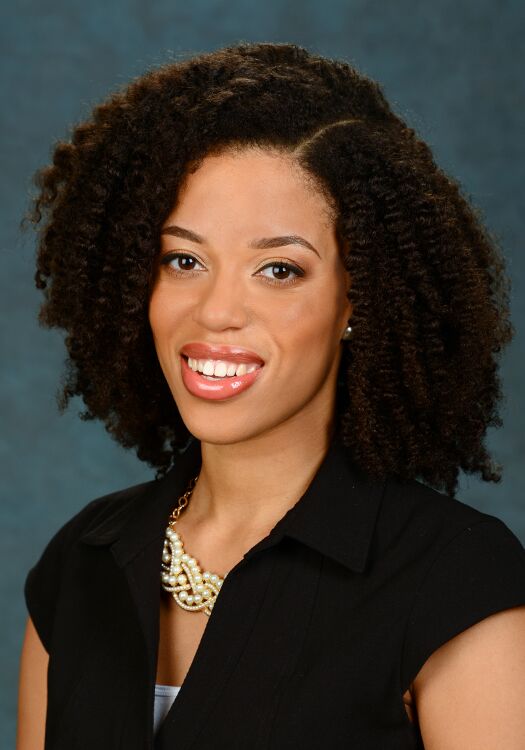 Kayla Elliott is pursuing a Ph.D. in Higher Education Leadership at Florida Atlantic University. Her research interests include higher education policy, equity, and philanthropy, with an emphasis on Minority-Serving Institutions. She specifically studies how performance funding systems impact Historically Black Colleges and Universities (HBCUs). She advocates for HBCUs, including her alma mater Fisk University, where she earned a Bachelor of Science in Business Administration and served as a student representative on the university’s board of trustees. Kayla also holds a Masters from the Indiana University Lilly Family School of Philanthropy, and has worked and interned with a range of nonprofit education organizations including Lumina Foundation, the Southern Education Foundation, and Teach For America. As a research assistant, Kayla has been a member of the Urban Male Initiative research team and the Associate Research Director for ADVANCE FAU, a National Science Foundation supported initiative focused on eliminating institutional barriers for women and minority STEM faculty. Kayla also teaches undergraduate courses on student success and leadership. Thus far, Kayla has co-authored multiple publications including a book, book chapter, journal articles, and essays. She is a member of the Association for the Study of Higher Education and the Council for the Study of Community Colleges and has been a presenter, moderator, and reviewer for both organizations’ annual conferences. In addition to receiving endowed scholarships from Fisk and IUPUI, Kayla was a 2015-2016 Provost Fellow, a P.E.O. Scholar Award for 2017-2018, and the inaugural winner of the AACTE Holmes Scholar Dissertation Competition.
Kayla Elliott is pursuing a Ph.D. in Higher Education Leadership at Florida Atlantic University. Her research interests include higher education policy, equity, and philanthropy, with an emphasis on Minority-Serving Institutions. She specifically studies how performance funding systems impact Historically Black Colleges and Universities (HBCUs). She advocates for HBCUs, including her alma mater Fisk University, where she earned a Bachelor of Science in Business Administration and served as a student representative on the university’s board of trustees. Kayla also holds a Masters from the Indiana University Lilly Family School of Philanthropy, and has worked and interned with a range of nonprofit education organizations including Lumina Foundation, the Southern Education Foundation, and Teach For America. As a research assistant, Kayla has been a member of the Urban Male Initiative research team and the Associate Research Director for ADVANCE FAU, a National Science Foundation supported initiative focused on eliminating institutional barriers for women and minority STEM faculty. Kayla also teaches undergraduate courses on student success and leadership. Thus far, Kayla has co-authored multiple publications including a book, book chapter, journal articles, and essays. She is a member of the Association for the Study of Higher Education and the Council for the Study of Community Colleges and has been a presenter, moderator, and reviewer for both organizations’ annual conferences. In addition to receiving endowed scholarships from Fisk and IUPUI, Kayla was a 2015-2016 Provost Fellow, a P.E.O. Scholar Award for 2017-2018, and the inaugural winner of the AACTE Holmes Scholar Dissertation Competition.
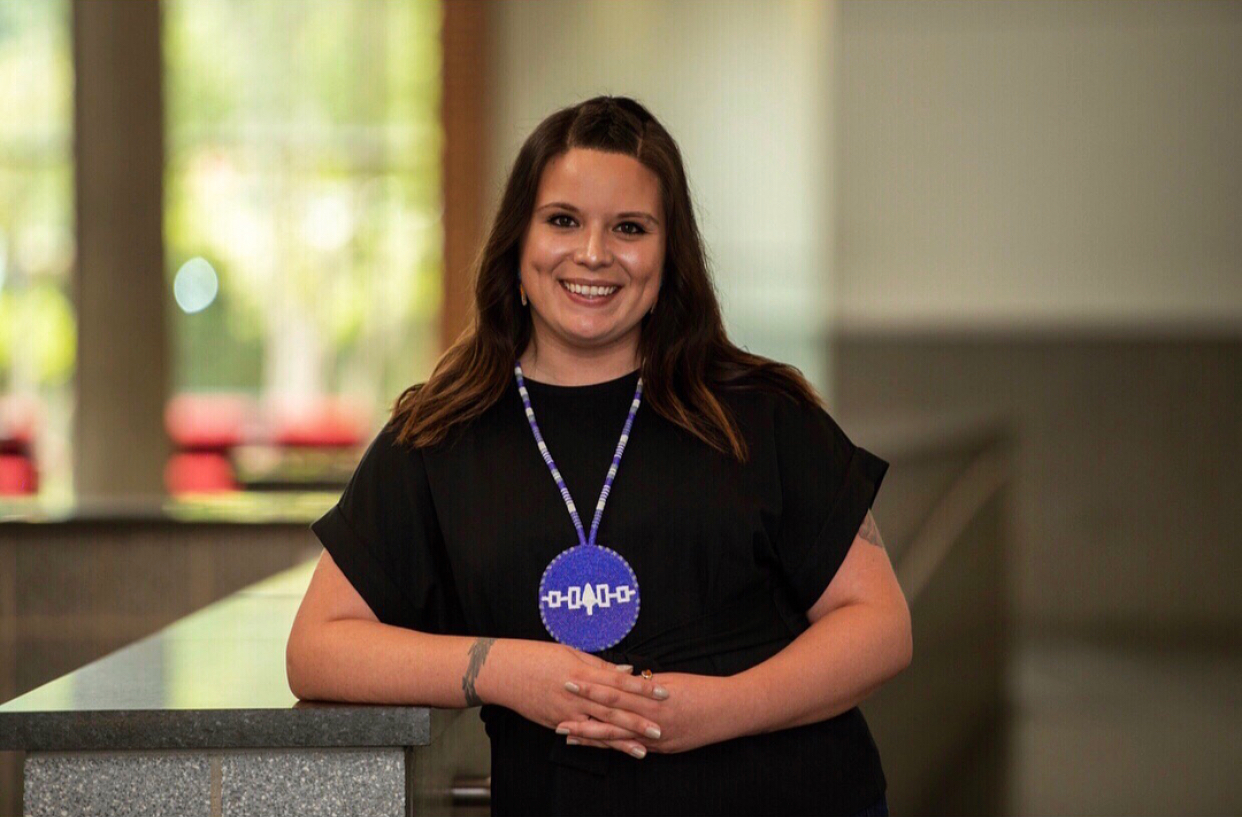 Jill Fish is from the Tuscarora Nation of the Haudenosaunee Confederacy, which is located within the state boundaries of New York. Jill received an MS in Mental Health Counseling from the State University of New York at Buffalo and a dual BA in Psychology and Philosophy from Niagara University. She is currently a fifth-year doctoral candidate in the Counseling Psychology Ph.D. Program in the Department of Psychology at the University of Minnesota. Her research and scholarship focus on transforming social institutions to be more inclusive and equitable for Native American peoples. In addition to this, Jill aims to shift institutional knowledge of Native American peoples as a means of increasing their visibility in the United States, thus, challenging and changing the prevailing narratives of Native Americans. She was awarded the Ford Foundation Predoctoral Fellowship to support these efforts.
Jill Fish is from the Tuscarora Nation of the Haudenosaunee Confederacy, which is located within the state boundaries of New York. Jill received an MS in Mental Health Counseling from the State University of New York at Buffalo and a dual BA in Psychology and Philosophy from Niagara University. She is currently a fifth-year doctoral candidate in the Counseling Psychology Ph.D. Program in the Department of Psychology at the University of Minnesota. Her research and scholarship focus on transforming social institutions to be more inclusive and equitable for Native American peoples. In addition to this, Jill aims to shift institutional knowledge of Native American peoples as a means of increasing their visibility in the United States, thus, challenging and changing the prevailing narratives of Native Americans. She was awarded the Ford Foundation Predoctoral Fellowship to support these efforts.
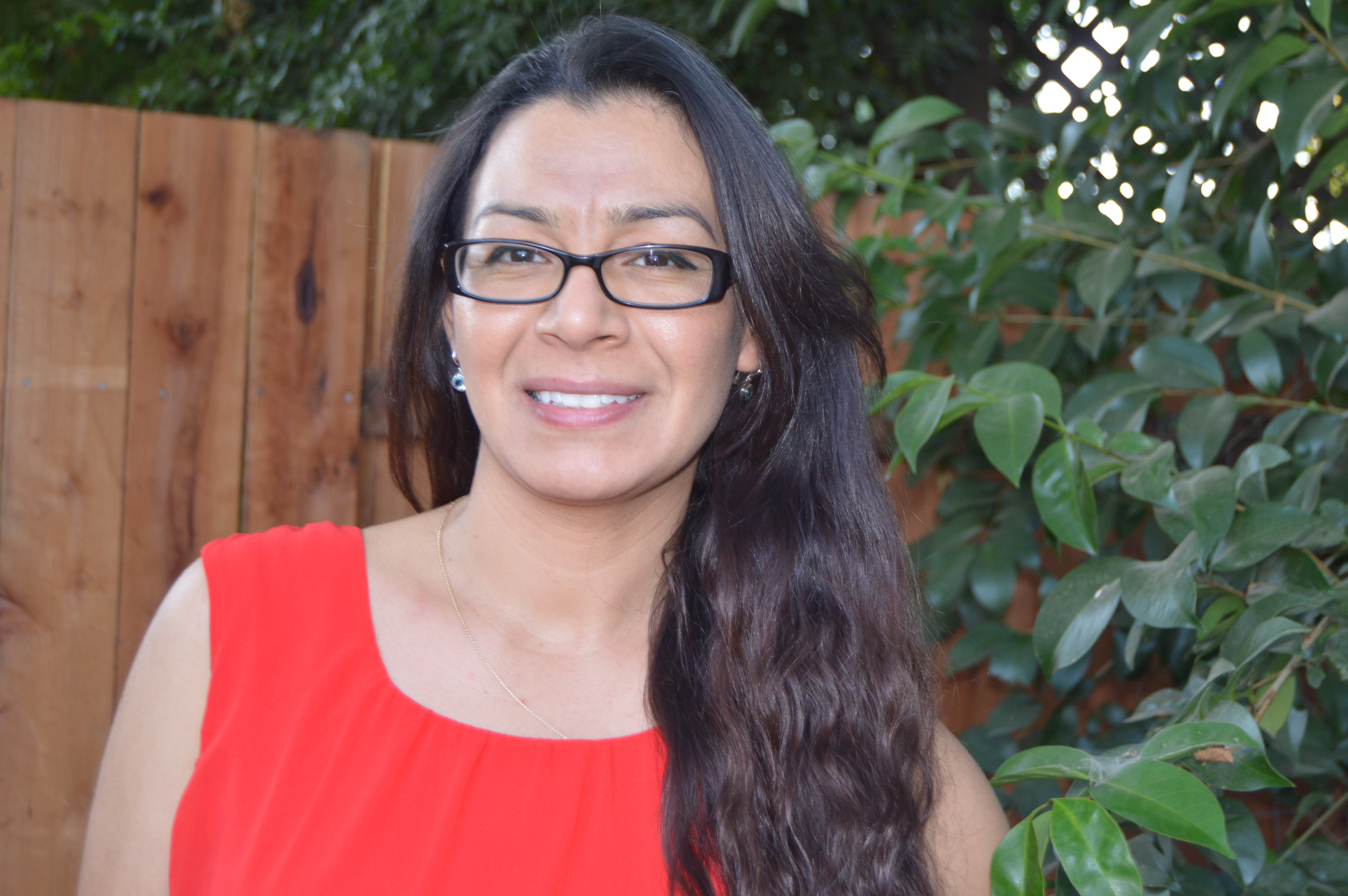
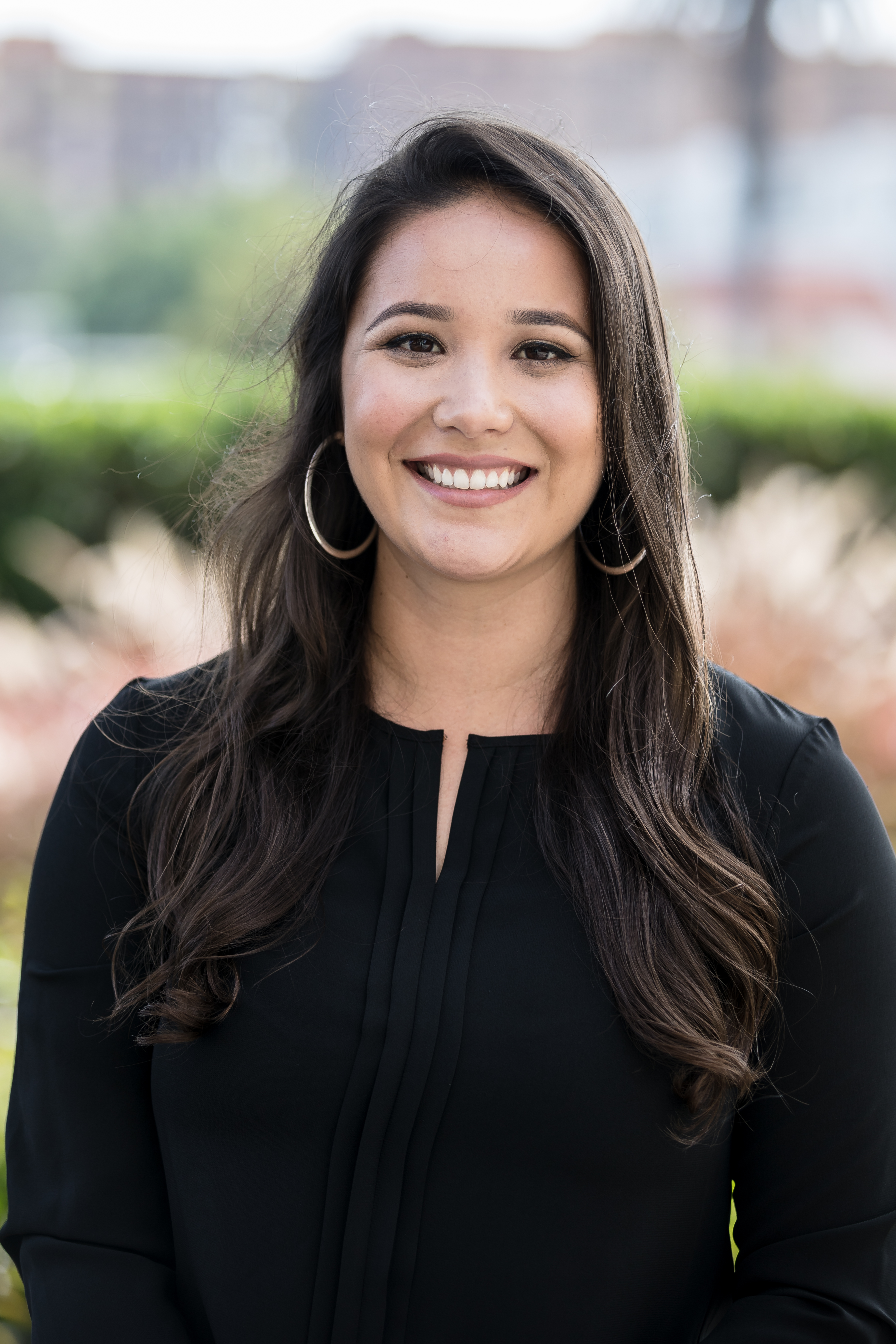 Bianca N. Haro is a Ph.D. Urban Schooling doctoral candidate at the University of California, Los Angeles in the School of Education. A Feminista-Scholar-Activist, Bianca is a first-generation daughter of immigrant parents from Guadalajara, Jalisco. Using Critical Race Theory and Chicana/Latina feminist theory, her research centers Latina students and focuses on the unique ways they experience punitive discipline practices and policies, and a culture of control in schools. Overall, Bianca challenges the patriarchal positioning of the “school-to-prison pipeline” and conventional factors that have been associated with school discipline. Besides her commitment to research, Bianca is dedicated to working with Communities of Color. Most recently, she collaborated with the American Civil Liberties Union (ACLU) and the #StudentsNotSuspects Coalition analyzing data in efforts to end the Los Angeles Unified School District’s random metal detector search policy and prove its ineffectiveness by using the District’s own records. Bianca’s research agenda is a life-long commitment to centering the voices of young girls who are often overlooked in research, policy, practice, and social justice efforts.
Bianca N. Haro is a Ph.D. Urban Schooling doctoral candidate at the University of California, Los Angeles in the School of Education. A Feminista-Scholar-Activist, Bianca is a first-generation daughter of immigrant parents from Guadalajara, Jalisco. Using Critical Race Theory and Chicana/Latina feminist theory, her research centers Latina students and focuses on the unique ways they experience punitive discipline practices and policies, and a culture of control in schools. Overall, Bianca challenges the patriarchal positioning of the “school-to-prison pipeline” and conventional factors that have been associated with school discipline. Besides her commitment to research, Bianca is dedicated to working with Communities of Color. Most recently, she collaborated with the American Civil Liberties Union (ACLU) and the #StudentsNotSuspects Coalition analyzing data in efforts to end the Los Angeles Unified School District’s random metal detector search policy and prove its ineffectiveness by using the District’s own records. Bianca’s research agenda is a life-long commitment to centering the voices of young girls who are often overlooked in research, policy, practice, and social justice efforts.
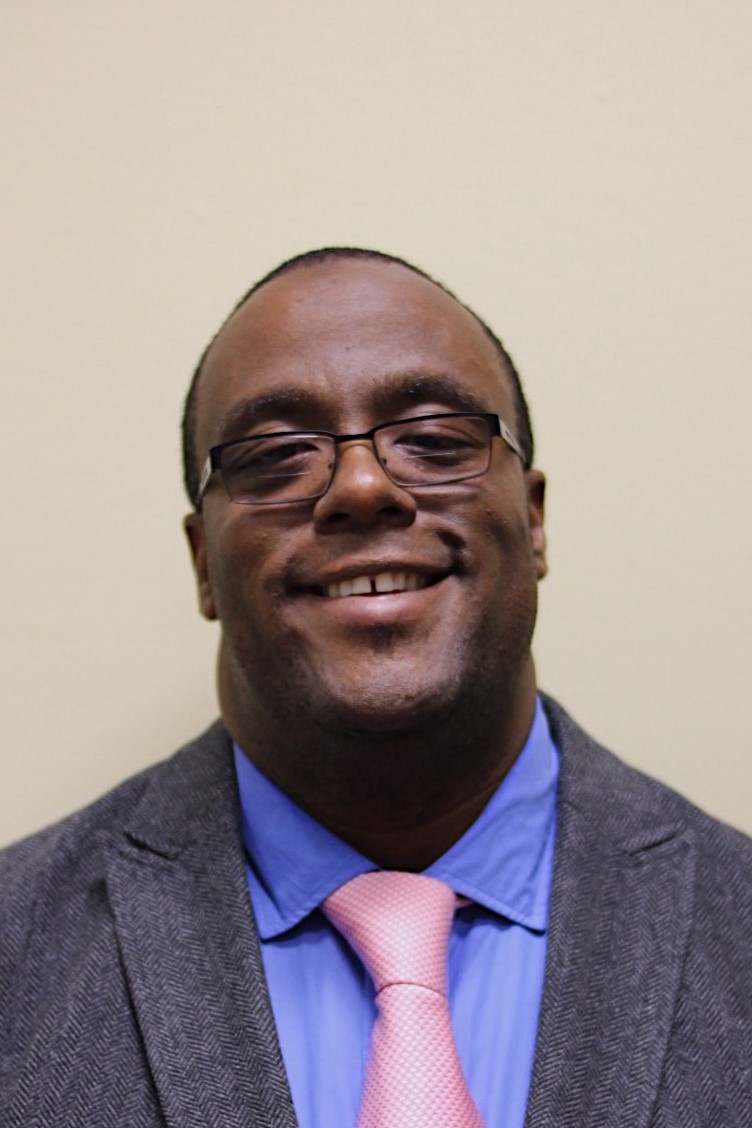
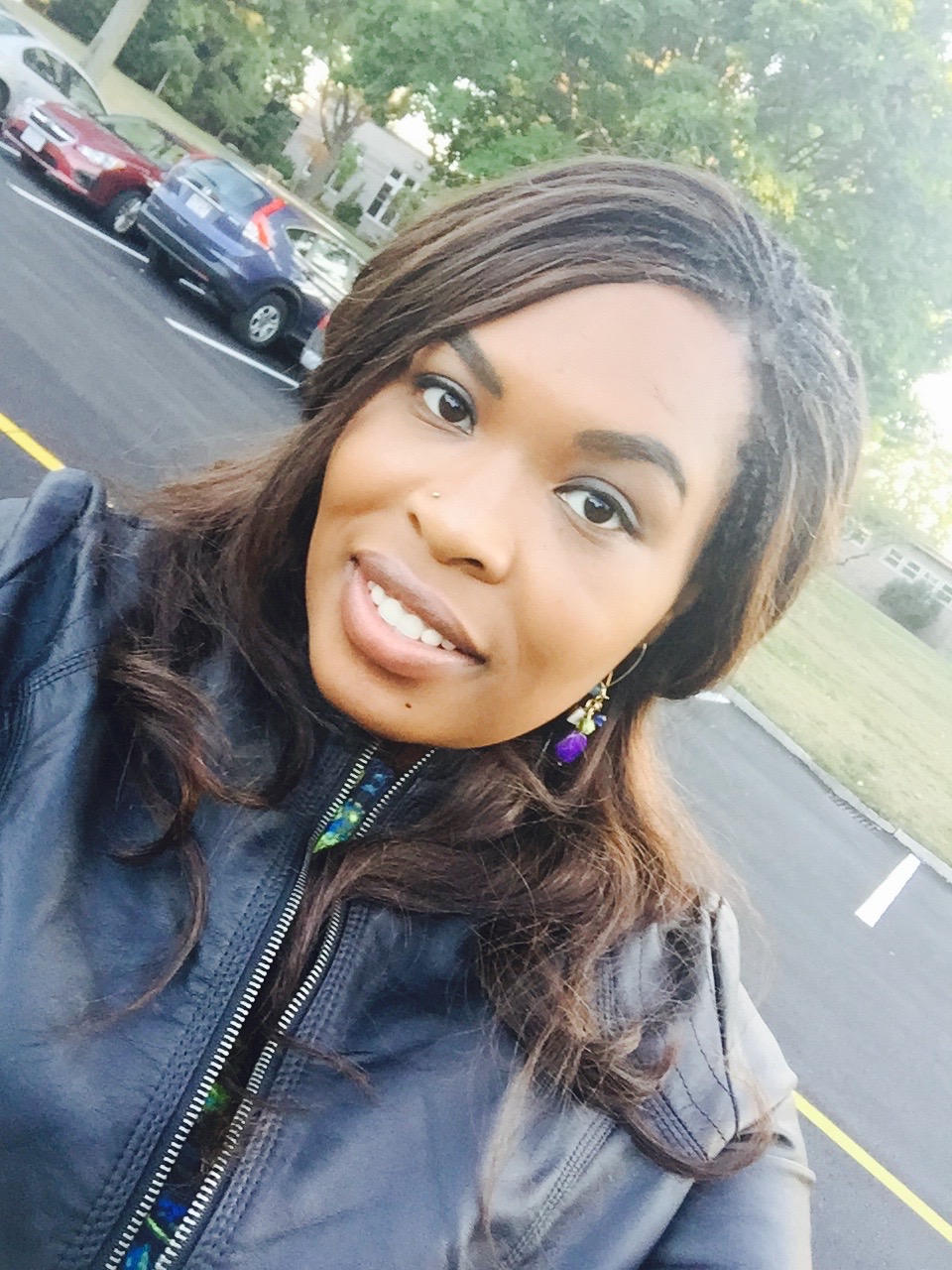
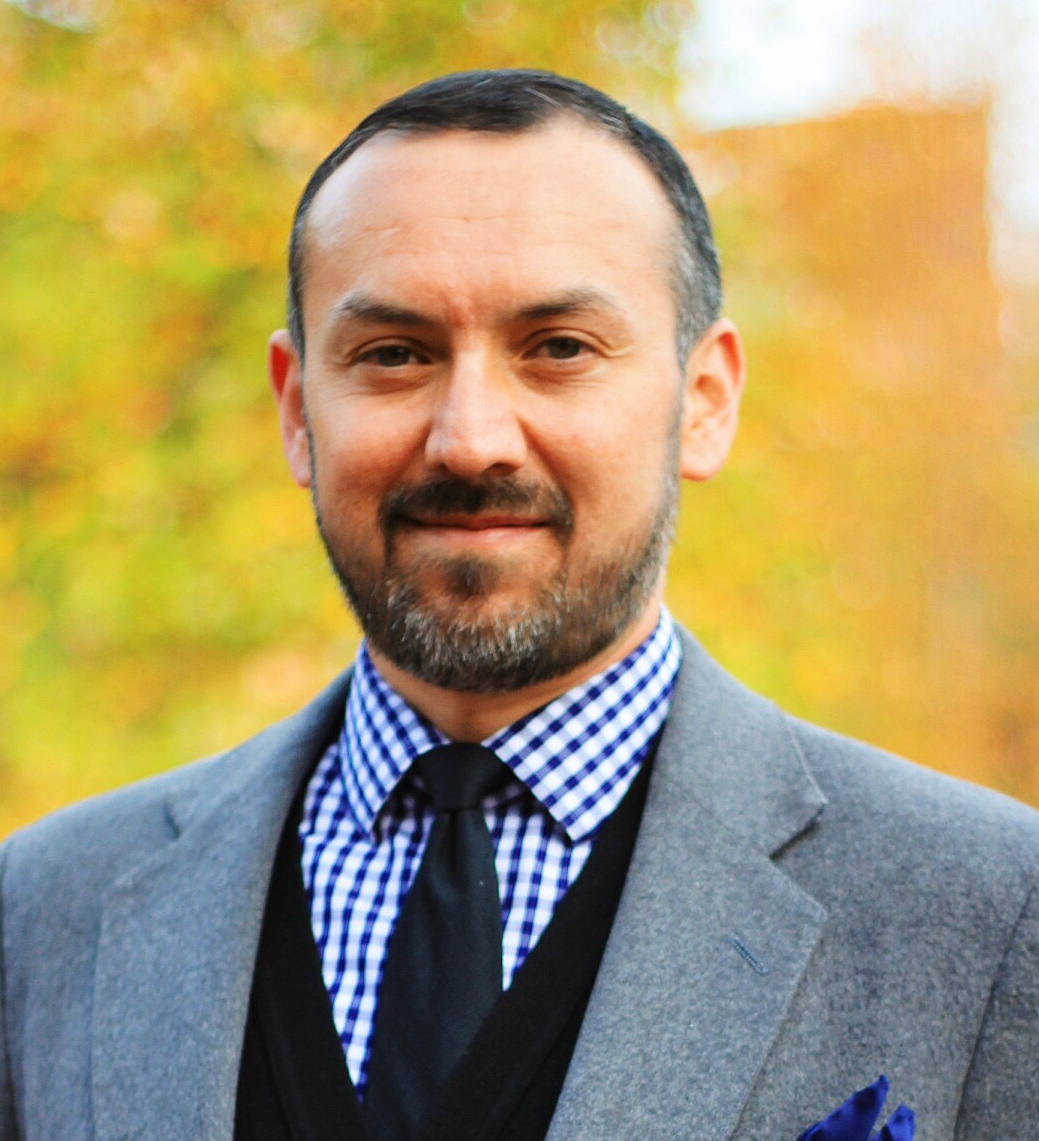 Carlos Martinez-Cano is a native of the U.S./México Borderlands and a Ph.D.candidate at the University of Pennsylvania’s Graduate School of Education. He is pursuing his Ph.D. in Education, Culture, and Society after completing interdisciplinary coursework in Anthropology and a Graduate Certificate in Urban Studies. He began his career as a bilingual K-12 teacher before teaching undergraduates at a small liberal arts college and later advising learning sciences graduate students on their masters' theses. His research interests include applying critical ethnographic methodologies to non-dominant youth learning STE(A)M practices in informal contexts. As a dissertation project, he studied the self-directed digital literacy practices (e.g., coding/programming, 3-D drafting, graphic design) of a group of middle school boys from Mexican-origin families in a New Latino Diaspora town in Southeastern Pennsylvania. The ethnographic accounts suggest the boys developed identity trajectories as emergent technology experts that transformed their imagined futures. He intends to expand this strand of research to examine the connected digital literacy learning practices of non-dominant youth across home, school, and third space contexts, and how dynamic home and community cultural values interact with the individual nature of technology practices. Carlos has participated in the RISE Grad Prep Academy, mentoring an undergraduate student at UC Berkeley through the graduate school application process. He has contributed to such publications as Anthropology News and Cultural Anthropologist and is an active member of the American Anthropological Association and the American Educational Research Association, regularly presenting his research at the annual meetings.
Carlos Martinez-Cano is a native of the U.S./México Borderlands and a Ph.D.candidate at the University of Pennsylvania’s Graduate School of Education. He is pursuing his Ph.D. in Education, Culture, and Society after completing interdisciplinary coursework in Anthropology and a Graduate Certificate in Urban Studies. He began his career as a bilingual K-12 teacher before teaching undergraduates at a small liberal arts college and later advising learning sciences graduate students on their masters' theses. His research interests include applying critical ethnographic methodologies to non-dominant youth learning STE(A)M practices in informal contexts. As a dissertation project, he studied the self-directed digital literacy practices (e.g., coding/programming, 3-D drafting, graphic design) of a group of middle school boys from Mexican-origin families in a New Latino Diaspora town in Southeastern Pennsylvania. The ethnographic accounts suggest the boys developed identity trajectories as emergent technology experts that transformed their imagined futures. He intends to expand this strand of research to examine the connected digital literacy learning practices of non-dominant youth across home, school, and third space contexts, and how dynamic home and community cultural values interact with the individual nature of technology practices. Carlos has participated in the RISE Grad Prep Academy, mentoring an undergraduate student at UC Berkeley through the graduate school application process. He has contributed to such publications as Anthropology News and Cultural Anthropologist and is an active member of the American Anthropological Association and the American Educational Research Association, regularly presenting his research at the annual meetings.
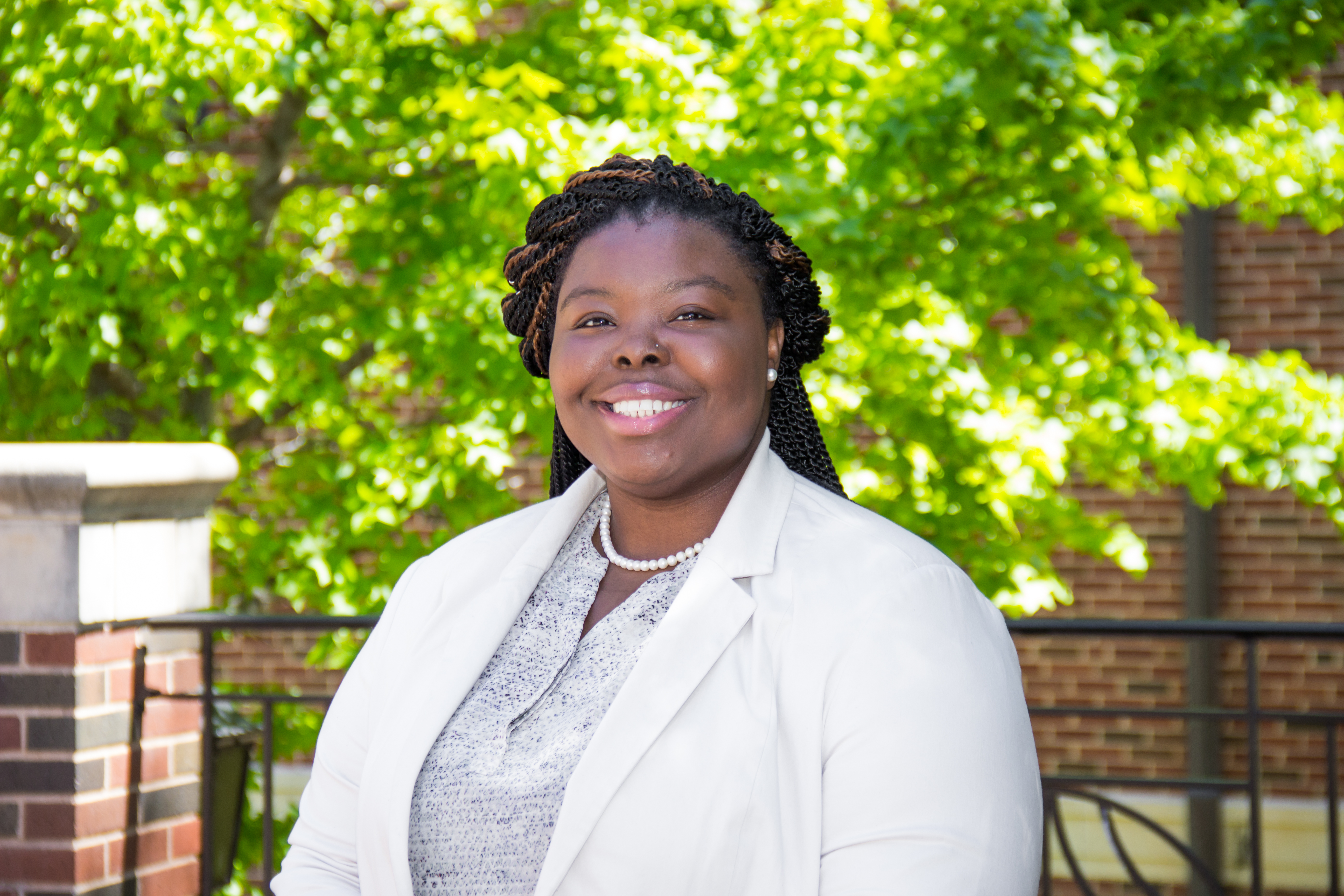 RaiNesha Miller is a doctoral candidate in Counseling Psychology at Oklahoma State University (OSU). She earned her M.S. in Educational Psychology with a focus in Counseling also from OSU. She completed her undergraduate education at Bowdoin College where she received her B.A. in Psychology with a minor in Sociology. RaiNesha’s research interests include understanding the impact of possessing multiple marginalized identities on the mental health outcomes of women as well as the utility of social support networks in the psychological adjustment of individuals from underrepresented populations. During her time as the researcher/coordinator of the American Indonesian Exchange Foundation in Jakarta, Indonesia (2014-2015), RaiNesha conducted a bilingual study. This study examined the effect of social support networks on classroom outcomes for Indonesian high school students taught by American Fulbright English teaching Assistants (ETA). Additionally, she is also interested in understanding and further developing therapeutic interventions that attend to the therapeutic needs and lived experiences of social minorities. RaiNesha’s dissertation research merges Black Feminist Thought and psychological theories to examine the influence of gendered racism on Black/African American women’s experience and expression of anger and stress. She actively incorporates her research into the work she does locally and internationally as a Minority Mental Health Ambassador, instructor, and doctoral clinical supervisor at OSU, and as a former Fulbright English teaching Assistant (2013-2014) in Indonesia.
RaiNesha Miller is a doctoral candidate in Counseling Psychology at Oklahoma State University (OSU). She earned her M.S. in Educational Psychology with a focus in Counseling also from OSU. She completed her undergraduate education at Bowdoin College where she received her B.A. in Psychology with a minor in Sociology. RaiNesha’s research interests include understanding the impact of possessing multiple marginalized identities on the mental health outcomes of women as well as the utility of social support networks in the psychological adjustment of individuals from underrepresented populations. During her time as the researcher/coordinator of the American Indonesian Exchange Foundation in Jakarta, Indonesia (2014-2015), RaiNesha conducted a bilingual study. This study examined the effect of social support networks on classroom outcomes for Indonesian high school students taught by American Fulbright English teaching Assistants (ETA). Additionally, she is also interested in understanding and further developing therapeutic interventions that attend to the therapeutic needs and lived experiences of social minorities. RaiNesha’s dissertation research merges Black Feminist Thought and psychological theories to examine the influence of gendered racism on Black/African American women’s experience and expression of anger and stress. She actively incorporates her research into the work she does locally and internationally as a Minority Mental Health Ambassador, instructor, and doctoral clinical supervisor at OSU, and as a former Fulbright English teaching Assistant (2013-2014) in Indonesia.
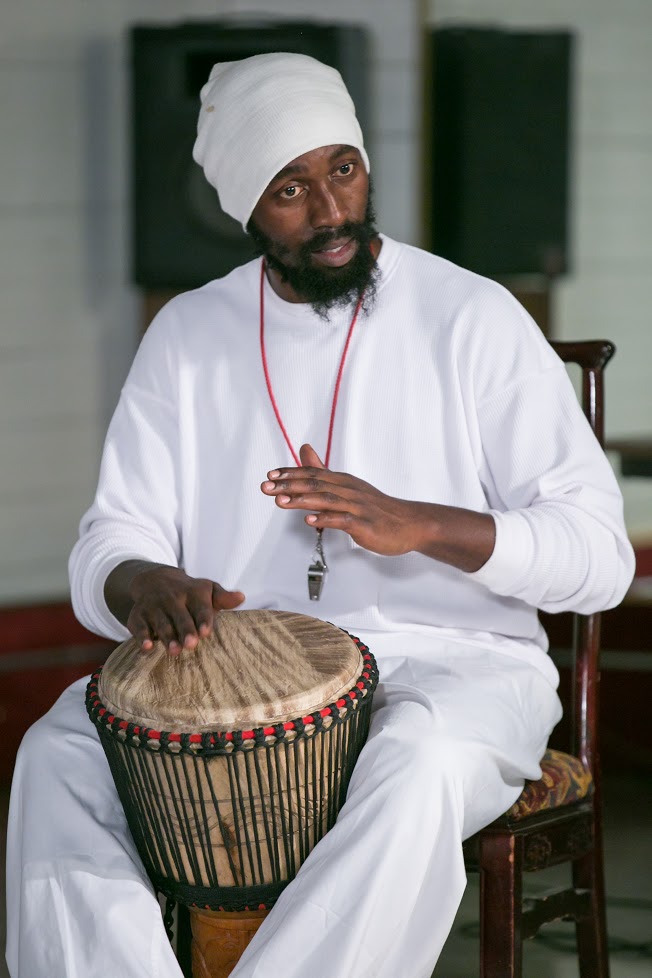 Pierre-Valery Njenji Tchetgen is a Ph.D. Candidate in the Graduate School of Education at UC Berkeley. A poet and musician, he is also the founder of Music Is Healing and WordSoundLife.org, a social network for digital media learning and the home of Voices of the New Millennium. His work in Education/Information focuses on communication technologies and designing culturally-grounded embodied learning environments leveraging voice, rhythm and movement practices from trans-African settings. As a past recipient of the SHASS predoctoral fellowship (2017-18), Pierre-Valery is an Affiliate Researcher in Comparative Media Studies/Writing at MIT who collaborated with Professors Nick Montfort and Fox Harrell. His residency focused on the linguistic and communicative applications of drum languages to create rhythmic software systems for human interaction. His dissertation study focuses on the literacy and social-emotional development of Black youth through digital drum talk. The significance of this research arises from the potential to inform how multimodal technologies, which are grounded in the historical and cultural context of under-represented students, can be used to help open new pathways to literacy for all children, PreK-2nd grade. His book of poetry, Dirges of Becoming, was accepted as a Creative Thesis for the Masters of Arts Program in Humanities (MAPH) at the University of Chicago (2003), and has since then been performed at conferences, concerts, poetry venues and festivals nationwide. He is the recipient of the Bedell Scholarship from the Aspen Writers Foundation (2007), the host of Music Is Healing radio on WMBR (Cambridge), and the ambassador of the Unity through Music festival.
Pierre-Valery Njenji Tchetgen is a Ph.D. Candidate in the Graduate School of Education at UC Berkeley. A poet and musician, he is also the founder of Music Is Healing and WordSoundLife.org, a social network for digital media learning and the home of Voices of the New Millennium. His work in Education/Information focuses on communication technologies and designing culturally-grounded embodied learning environments leveraging voice, rhythm and movement practices from trans-African settings. As a past recipient of the SHASS predoctoral fellowship (2017-18), Pierre-Valery is an Affiliate Researcher in Comparative Media Studies/Writing at MIT who collaborated with Professors Nick Montfort and Fox Harrell. His residency focused on the linguistic and communicative applications of drum languages to create rhythmic software systems for human interaction. His dissertation study focuses on the literacy and social-emotional development of Black youth through digital drum talk. The significance of this research arises from the potential to inform how multimodal technologies, which are grounded in the historical and cultural context of under-represented students, can be used to help open new pathways to literacy for all children, PreK-2nd grade. His book of poetry, Dirges of Becoming, was accepted as a Creative Thesis for the Masters of Arts Program in Humanities (MAPH) at the University of Chicago (2003), and has since then been performed at conferences, concerts, poetry venues and festivals nationwide. He is the recipient of the Bedell Scholarship from the Aspen Writers Foundation (2007), the host of Music Is Healing radio on WMBR (Cambridge), and the ambassador of the Unity through Music festival.
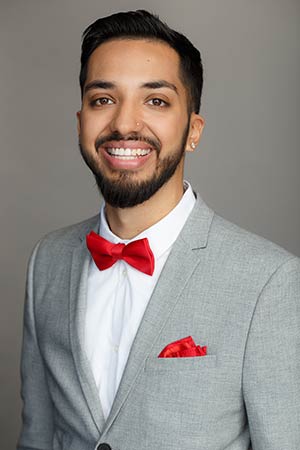 Oscar Patron is a PhD candidate in Administrative and Policy Studies in the School of Education (SOE) at the University of Pittsburgh (Pitt). He completed his BA from the University of Illinois at Urbana-Champaign (U of I), double majoring in Sociology and Latinx Studies. As an undergraduate student, Oscar worked at the Latinx Studies department, further developing his passion and commitment to bettering the educational experiences of the Latinx community. Oscar’s passion for research started from his participation in the Ronald E. McNair Scholars program while at the U of I. As an aspiring professor, Oscar has worked in a variety of roles while at Pitt––from being a teaching assistant to serving on the SOE’s academic and student affairs committees. Upon his arrival at Pitt, Oscar joined his advisor’s, Dr. Gina A. Garcia, research team, where they conducted a mixed-methods multi-site investigation examining the leadership development of Latinos in college. They are now working on a study on the development of Hispanic Serving Institutions by specifically exploring what it means to construct and enact a Latinx serving identity across several institutions in the Midwest. Currently, Oscar is a visiting pre-doctoral scholar and research associate in the Race and Equity Center at the University of Southern California (USC), where he is working on a project with his mentor, Dr. Shaun Harper. While at USC, Oscar is completing his dissertation, which investigates the resilience processes that queer Latino collegians undergo in relation to their social identities and surrounding contexts
Oscar Patron is a PhD candidate in Administrative and Policy Studies in the School of Education (SOE) at the University of Pittsburgh (Pitt). He completed his BA from the University of Illinois at Urbana-Champaign (U of I), double majoring in Sociology and Latinx Studies. As an undergraduate student, Oscar worked at the Latinx Studies department, further developing his passion and commitment to bettering the educational experiences of the Latinx community. Oscar’s passion for research started from his participation in the Ronald E. McNair Scholars program while at the U of I. As an aspiring professor, Oscar has worked in a variety of roles while at Pitt––from being a teaching assistant to serving on the SOE’s academic and student affairs committees. Upon his arrival at Pitt, Oscar joined his advisor’s, Dr. Gina A. Garcia, research team, where they conducted a mixed-methods multi-site investigation examining the leadership development of Latinos in college. They are now working on a study on the development of Hispanic Serving Institutions by specifically exploring what it means to construct and enact a Latinx serving identity across several institutions in the Midwest. Currently, Oscar is a visiting pre-doctoral scholar and research associate in the Race and Equity Center at the University of Southern California (USC), where he is working on a project with his mentor, Dr. Shaun Harper. While at USC, Oscar is completing his dissertation, which investigates the resilience processes that queer Latino collegians undergo in relation to their social identities and surrounding contexts
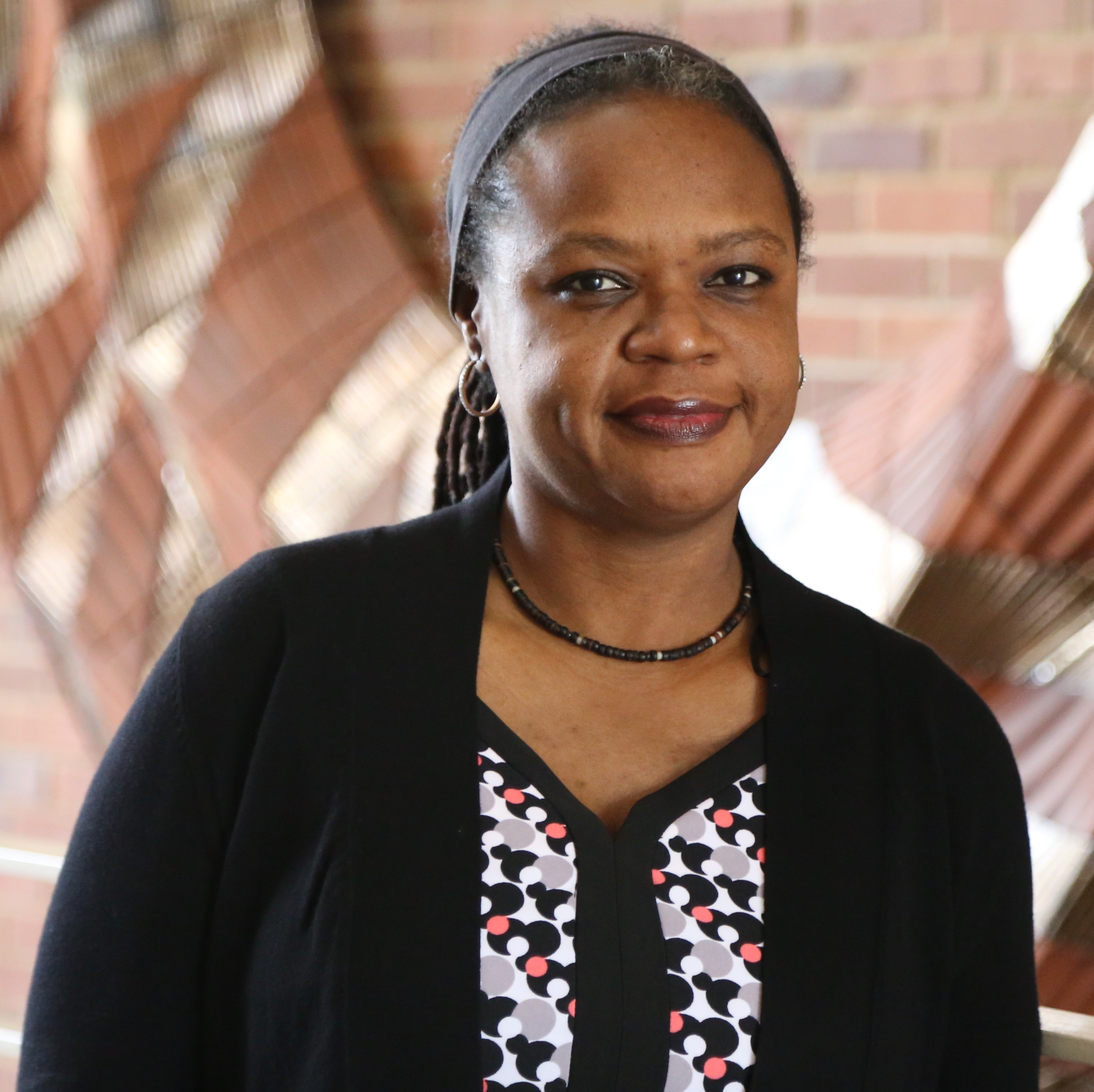 Sophia Rahming is currently a doctoral candidate in the Higher Education program in the Educational Leadership and Policy Studies program at Florida State University (FSU) and serves as the Deputy Director for the Research on Equity in Science, Engineering and Technology (RESET) project at FSU. Her research interests include Caribbean women in STEM fields, equity in education, gender, migration, and minority issues, and access to higher education for underrepresented groups. Her graduate training includes certificates in program evaluation, institutional research, and a graduate minor in Women’s Studies. Sophia has presented papers and posters internationally and nationally. She was awarded the 2018 -2019 Fellows Society Dissertation Fellowship and the W. Hugh Stickler Award for the Enhancement of Dissertation Research 2018 - 2019. She was the recipient of the 2016 Sherrill Ragans' Leadership & Service Award (Doctoral). Sophia received the 2016 Martin Luther King Book award and was the recipient of the inaugural Carrie G. Hall Endowed Scholarship in 2016. Sophia was inducted into Omicron Delta Kappa in 2018, became a Hardee Fellow and a Seminole Torchbearer in 2015, and was inducted into the Fellows Society as a recipient of the Legacy Fellowship, one of Florida State University’s highest honors for a graduate student, in 2014. She earned her bachelor’s degree in Elementary Education with a concentration in Social Sciences at the College of St. Benedict (Minnesota), and a master’s degree in Curriculum and Instruction with a diploma in Specialized Learning for Diverse Learners from the University of St. Thomas (Minnesota).
Sophia Rahming is currently a doctoral candidate in the Higher Education program in the Educational Leadership and Policy Studies program at Florida State University (FSU) and serves as the Deputy Director for the Research on Equity in Science, Engineering and Technology (RESET) project at FSU. Her research interests include Caribbean women in STEM fields, equity in education, gender, migration, and minority issues, and access to higher education for underrepresented groups. Her graduate training includes certificates in program evaluation, institutional research, and a graduate minor in Women’s Studies. Sophia has presented papers and posters internationally and nationally. She was awarded the 2018 -2019 Fellows Society Dissertation Fellowship and the W. Hugh Stickler Award for the Enhancement of Dissertation Research 2018 - 2019. She was the recipient of the 2016 Sherrill Ragans' Leadership & Service Award (Doctoral). Sophia received the 2016 Martin Luther King Book award and was the recipient of the inaugural Carrie G. Hall Endowed Scholarship in 2016. Sophia was inducted into Omicron Delta Kappa in 2018, became a Hardee Fellow and a Seminole Torchbearer in 2015, and was inducted into the Fellows Society as a recipient of the Legacy Fellowship, one of Florida State University’s highest honors for a graduate student, in 2014. She earned her bachelor’s degree in Elementary Education with a concentration in Social Sciences at the College of St. Benedict (Minnesota), and a master’s degree in Curriculum and Instruction with a diploma in Specialized Learning for Diverse Learners from the University of St. Thomas (Minnesota).
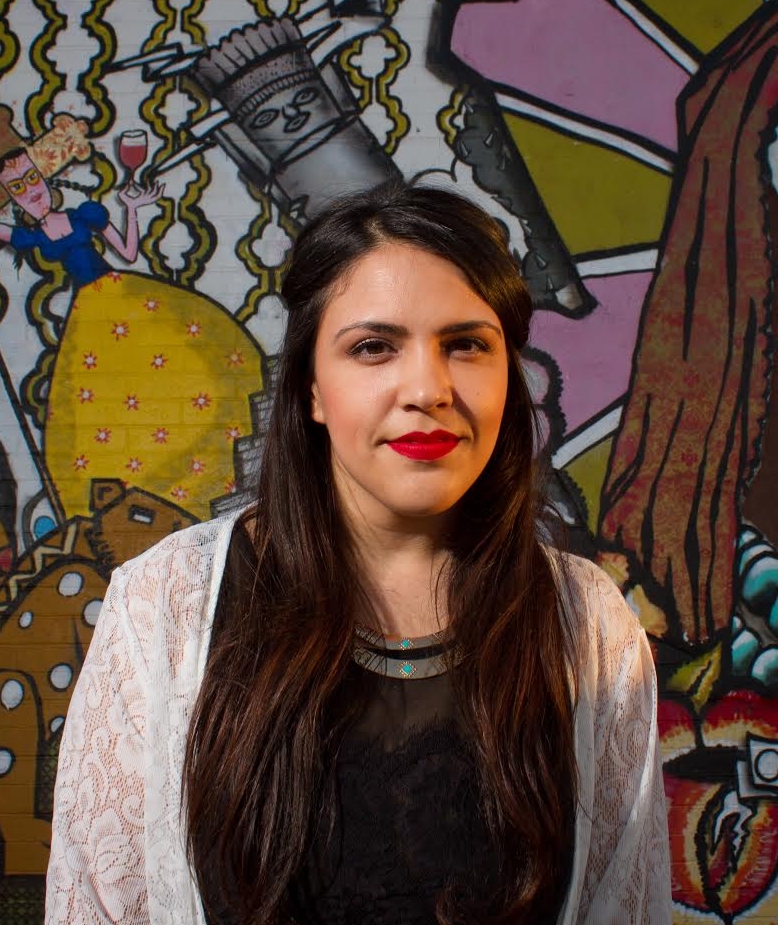 Silvia Rodriguez-Vega is a Ford Foundation Scholar and Eugene V. Cota-Robles Fellow at the University of California, Los Angeles where she is a Ph.D. Candidate in the César E. Chávez Department of Chicana/o Studies. Before that, Silvia earned a Master of Arts in Education from Harvard University and majored in Political Science and Transborder Latina/o Chicana/o Studies at Arizona State University. At ASU, Silvia organized with undocumented communities in the borderlands of Arizona pre-and post-SB1070. She now continues her work with immigrant children and families in South Central, Los Angeles.
Silvia Rodriguez-Vega is a Ford Foundation Scholar and Eugene V. Cota-Robles Fellow at the University of California, Los Angeles where she is a Ph.D. Candidate in the César E. Chávez Department of Chicana/o Studies. Before that, Silvia earned a Master of Arts in Education from Harvard University and majored in Political Science and Transborder Latina/o Chicana/o Studies at Arizona State University. At ASU, Silvia organized with undocumented communities in the borderlands of Arizona pre-and post-SB1070. She now continues her work with immigrant children and families in South Central, Los Angeles.
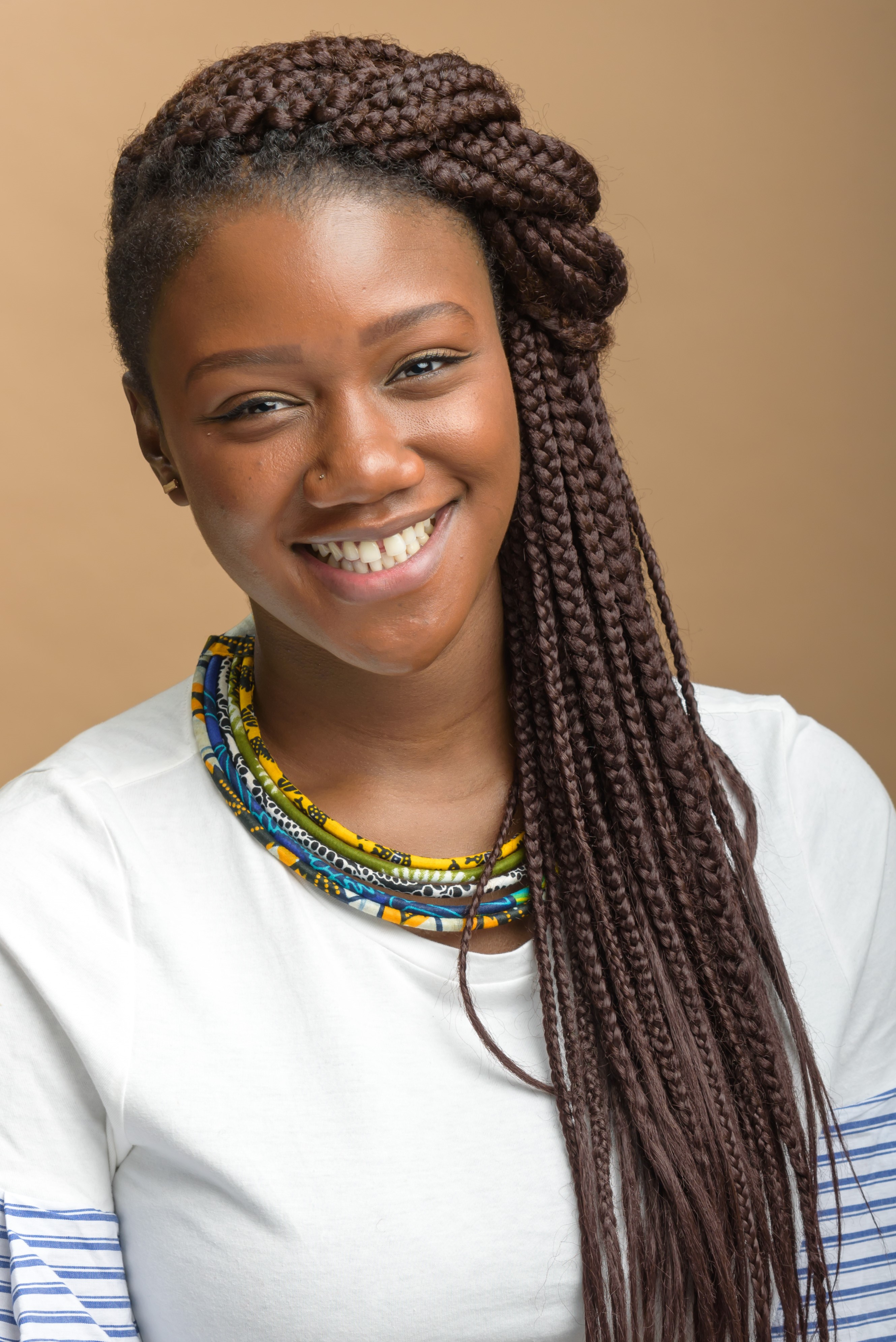 Dialika Sall is a Ph.D. candidate in Sociology and a Paul F. Lazarsfeld Fellow at Columbia University. Her research interests include immigration, race and ethnicity, urban sociology, education and qualitative methods. She is currently studying integration experiences and identity negotiations among the children of West African immigrants in New York City. Her research is supported by the National Science Foundation’s (NSF) Graduate Research Fellowship Program and the NSF Doctoral Dissertation Research Improvement Award. Prior to Columbia, Dialika graduated from Pomona College in 2012 with a B.A. in Sociology. She has also worked in youth development programs, including three years as an Academic Associate at Highbridge Voices in the Bronx and one year with Americorps-City Year as a tutor and mentor at Harper High School in Chicago.
Dialika Sall is a Ph.D. candidate in Sociology and a Paul F. Lazarsfeld Fellow at Columbia University. Her research interests include immigration, race and ethnicity, urban sociology, education and qualitative methods. She is currently studying integration experiences and identity negotiations among the children of West African immigrants in New York City. Her research is supported by the National Science Foundation’s (NSF) Graduate Research Fellowship Program and the NSF Doctoral Dissertation Research Improvement Award. Prior to Columbia, Dialika graduated from Pomona College in 2012 with a B.A. in Sociology. She has also worked in youth development programs, including three years as an Academic Associate at Highbridge Voices in the Bronx and one year with Americorps-City Year as a tutor and mentor at Harper High School in Chicago.
 Maurice Shirley is a Ph.D. candidate studying Higher and Postsecondary Education at New York University. His research interests include college access and equity, college completion, and the student experience of underrepresented student populations. Maurice’s dissertation investigates the effects of student employment on college completion by race and institutional selectivity. Prior to pursuing his doctorate, he worked in the postsecondary education sector primarily focusing on student engagement, leadership, diversity initiatives, academic advising, and admissions. Maurice earned a Master’s in Higher Education and Student Personnel Administration from New York University and a Bachelor’s in English, Pre-Education from The Ohio State University.
Maurice Shirley is a Ph.D. candidate studying Higher and Postsecondary Education at New York University. His research interests include college access and equity, college completion, and the student experience of underrepresented student populations. Maurice’s dissertation investigates the effects of student employment on college completion by race and institutional selectivity. Prior to pursuing his doctorate, he worked in the postsecondary education sector primarily focusing on student engagement, leadership, diversity initiatives, academic advising, and admissions. Maurice earned a Master’s in Higher Education and Student Personnel Administration from New York University and a Bachelor’s in English, Pre-Education from The Ohio State University.
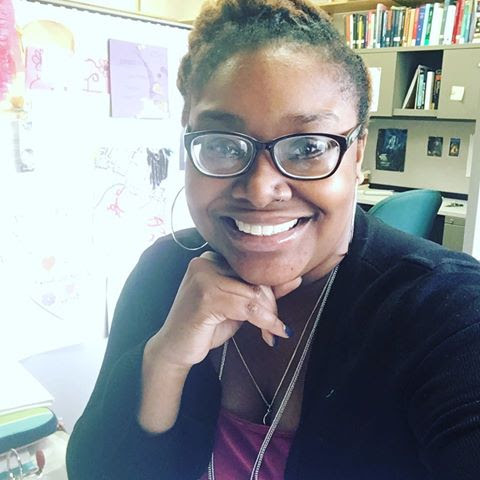 Tori Thomas is a Ph.D. candidate in the dual- degree Sociology and Demography Ph.D. program at Penn State University. She received her M.A. in Sociology from Penn State in 2016 and her B.A. in Sociology from Georgia State University in 2013. Her research interests include race and education as well as school racial segregation. In particular, her dissertation research examines the effects of high school racial segregation on the long-term educational outcomes of Blacks, Whites, and Hispanics. These interests reflect her own schooling experience that resulted from her mother transferring her from an under-resourced, mostly minority middle school to a well-resourced, mostly White middle school. These interests also reflect her experience tutoring elementary school students who attended under-resourced, mostly minority schools. During her time at Penn State she has received honorable mentions from both the National Science Foundation Graduate Research Fellowship Program and the Ford Pre-Doctoral Fellowship program.
Tori Thomas is a Ph.D. candidate in the dual- degree Sociology and Demography Ph.D. program at Penn State University. She received her M.A. in Sociology from Penn State in 2016 and her B.A. in Sociology from Georgia State University in 2013. Her research interests include race and education as well as school racial segregation. In particular, her dissertation research examines the effects of high school racial segregation on the long-term educational outcomes of Blacks, Whites, and Hispanics. These interests reflect her own schooling experience that resulted from her mother transferring her from an under-resourced, mostly minority middle school to a well-resourced, mostly White middle school. These interests also reflect her experience tutoring elementary school students who attended under-resourced, mostly minority schools. During her time at Penn State she has received honorable mentions from both the National Science Foundation Graduate Research Fellowship Program and the Ford Pre-Doctoral Fellowship program.
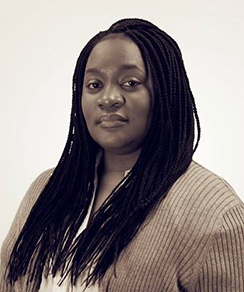 Francena Turner is a Ph.D. candidate in the Department of Education Policy, Organization, & Leadership (History of Education & Higher Education) at the University of Illinois, Urbana-Champaign. While at the University of Illinois, Francena serves as a Graduate teaching assistant in courses that deal with issues of diversity, equity, and social justice as well as histories of education. She also works as a research assistant in the Office of Community College Research & Leadership (OCCRL) where she works on various projects that examine and support equity in the community college context. Francena is from Fayetteville, North Carolina and is a graduate of Fayetteville Technical Community College, Fayetteville State University, and the University of Illinois with degrees in Respiratory Therapy, History, and Education Policy, Organization, and Leadership.
Francena Turner is a Ph.D. candidate in the Department of Education Policy, Organization, & Leadership (History of Education & Higher Education) at the University of Illinois, Urbana-Champaign. While at the University of Illinois, Francena serves as a Graduate teaching assistant in courses that deal with issues of diversity, equity, and social justice as well as histories of education. She also works as a research assistant in the Office of Community College Research & Leadership (OCCRL) where she works on various projects that examine and support equity in the community college context. Francena is from Fayetteville, North Carolina and is a graduate of Fayetteville Technical Community College, Fayetteville State University, and the University of Illinois with degrees in Respiratory Therapy, History, and Education Policy, Organization, and Leadership.
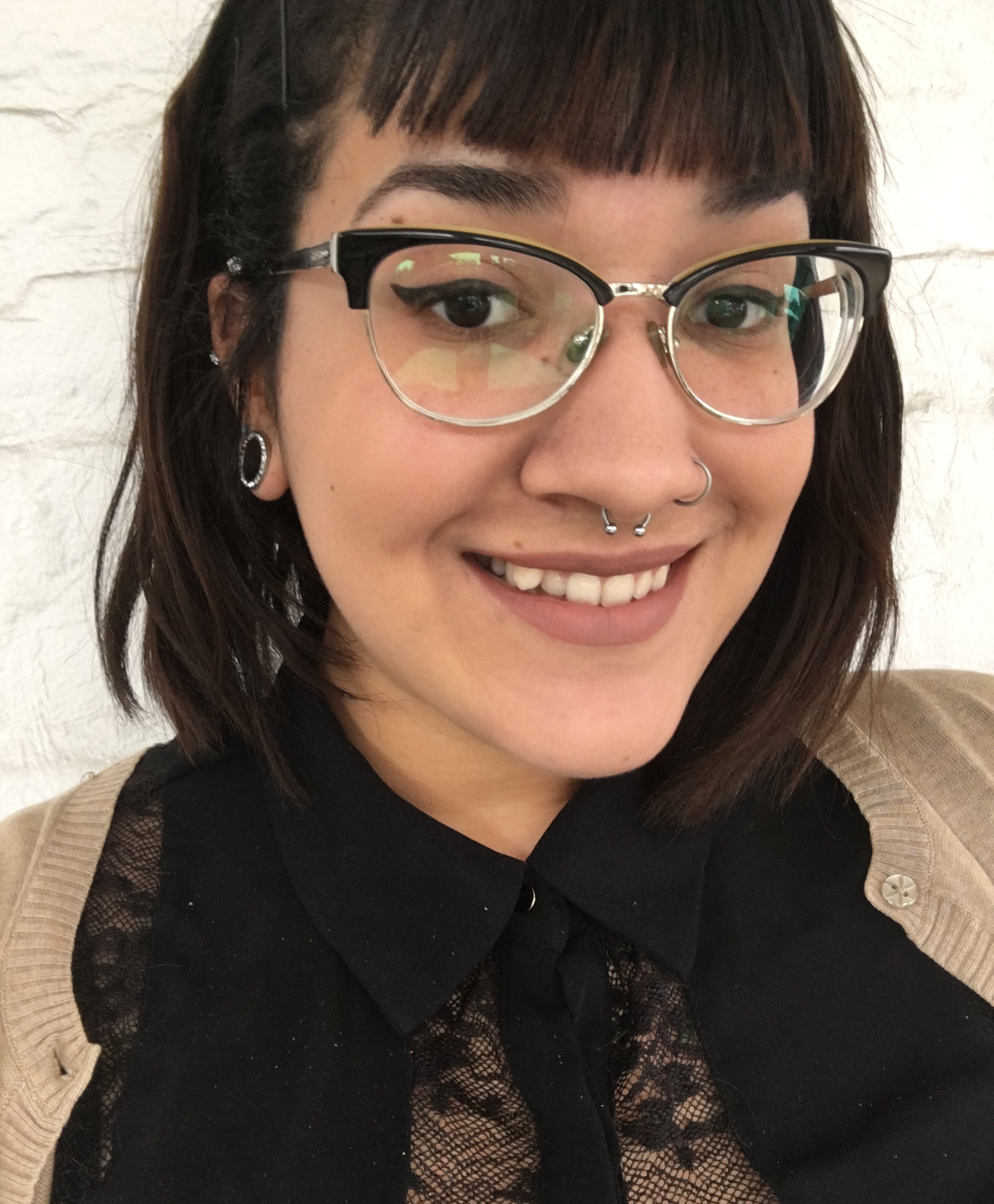 Al Valentin is a Ph.D. Student in Women’s and Gender Studies at Rutgers University, New Brunswick. Their research focuses primarily on pop culture and how it works to simultaneously reflect and shape the way that we talk about and experience gender identity, sexual orientation, race, class, size and ability via affective investments and entanglements. As an avid gamer, their current work examines both the progressive potential and the political limits of videogames through an analysis of how affect is deployed and received in the context of game design, game play and gaming communities. They’ve presented their work on gaming, animation and affect around the country at doctoral institutes, colleges, universities and national conferences. In addition to their research, they have taught and assisted courses such as Introduction to Gender, Race and Sexuality, Comparative Feminisms: Black Feminist Thought in the African Diaspora and Gendered Professions: Care Work In The Transnational Economy. They’re currently developing an undergraduate course bringing together game studies, black feminist theory and affect theory.
Al Valentin is a Ph.D. Student in Women’s and Gender Studies at Rutgers University, New Brunswick. Their research focuses primarily on pop culture and how it works to simultaneously reflect and shape the way that we talk about and experience gender identity, sexual orientation, race, class, size and ability via affective investments and entanglements. As an avid gamer, their current work examines both the progressive potential and the political limits of videogames through an analysis of how affect is deployed and received in the context of game design, game play and gaming communities. They’ve presented their work on gaming, animation and affect around the country at doctoral institutes, colleges, universities and national conferences. In addition to their research, they have taught and assisted courses such as Introduction to Gender, Race and Sexuality, Comparative Feminisms: Black Feminist Thought in the African Diaspora and Gendered Professions: Care Work In The Transnational Economy. They’re currently developing an undergraduate course bringing together game studies, black feminist theory and affect theory.
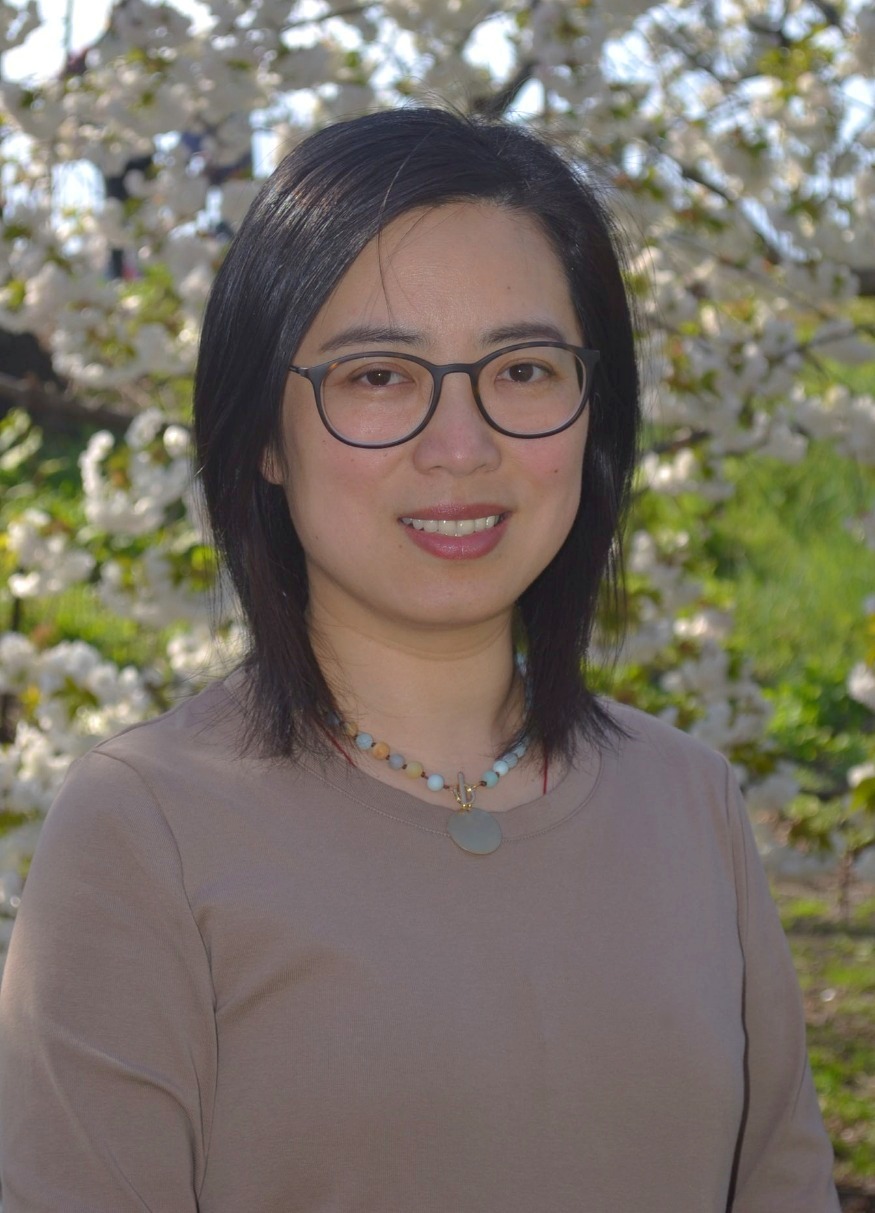 Qun Wang is a doctoral candidate in Media Studies in the School of Communication and Information at Rutgers University. She received her master’s degree from the Annenberg School for Communication and Journalism at the University of Southern California. As a former TV anchor and journalist, Qun has produced award-winning programs on migrant workers and low-income families. Her forthcoming book chapter studies ethnic digital media and their role in immigrant communities. Qun is a recipient of the Barrow Minority Scholarship Award at the 2018 conference of the Association for Education in Journalism and Mass Communication (AEJMC). Qun’s research focuses on media’s digital transformation and its implications for journalism, politics, and society. Her work about digital journalism, audience analytics, and elections has been published in Digital Journalism, Journalism Practice, Journalism, and more. Her recent research explores local journalism, emerging technologies, and how journalism innovation could benefit different communities. Qun has taught both face-to-face and online courses that cover digital media and society, globalization, and journalism. She is a winner of the 2018 AEJMC Promising Professors Award.
Qun Wang is a doctoral candidate in Media Studies in the School of Communication and Information at Rutgers University. She received her master’s degree from the Annenberg School for Communication and Journalism at the University of Southern California. As a former TV anchor and journalist, Qun has produced award-winning programs on migrant workers and low-income families. Her forthcoming book chapter studies ethnic digital media and their role in immigrant communities. Qun is a recipient of the Barrow Minority Scholarship Award at the 2018 conference of the Association for Education in Journalism and Mass Communication (AEJMC). Qun’s research focuses on media’s digital transformation and its implications for journalism, politics, and society. Her work about digital journalism, audience analytics, and elections has been published in Digital Journalism, Journalism Practice, Journalism, and more. Her recent research explores local journalism, emerging technologies, and how journalism innovation could benefit different communities. Qun has taught both face-to-face and online courses that cover digital media and society, globalization, and journalism. She is a winner of the 2018 AEJMC Promising Professors Award.
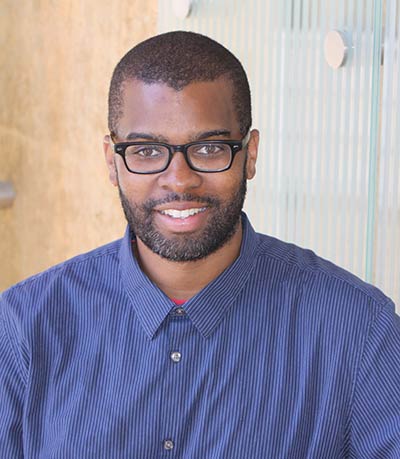 Edward Lee Watson is a Ph.D .candidate in the Department of Sociology at the University of California – Irvine. Originally from the Midwest, his research interests lie within the intersection of race/ethnicity, education, language, and culture. Edward’s research broadly seeks to understand cultural and educational connections between African-Americans and Asian Americans. His dissertation examines the shifting of socio-cultural boundaries within Dual Language Immersion Programs, primarily concerned with parents and students that have little connection to the language and culture affiliated with the school (i.e. English-only speakers). After teaching and studying in China for more than four years, Edward returned to receive a Masters Degree in East Asian Studies at Washington University in Saint Louis. He has received numerous recognitions for his teaching and leadership and is currently a Pedagogical Fellow at UC – Irvine.
Edward Lee Watson is a Ph.D .candidate in the Department of Sociology at the University of California – Irvine. Originally from the Midwest, his research interests lie within the intersection of race/ethnicity, education, language, and culture. Edward’s research broadly seeks to understand cultural and educational connections between African-Americans and Asian Americans. His dissertation examines the shifting of socio-cultural boundaries within Dual Language Immersion Programs, primarily concerned with parents and students that have little connection to the language and culture affiliated with the school (i.e. English-only speakers). After teaching and studying in China for more than four years, Edward returned to receive a Masters Degree in East Asian Studies at Washington University in Saint Louis. He has received numerous recognitions for his teaching and leadership and is currently a Pedagogical Fellow at UC – Irvine.
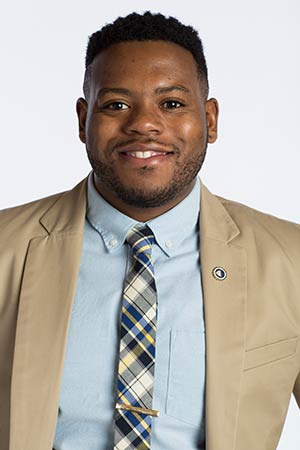 Henry Willis is a Ph.D. candidate in the Clinical Psychology program at the University of North Carolina at Chapel Hill. He is originally from Jackson, Mississippi, and he received his B.S. in psychology from Howard University and his M.A. in clinical psychology from Columbia University. As an undergraduate, Henry examined how social networking use affected the self-esteem of African American college students. For his master’s degree, Henry explored how culture and racial identity might shape the presentation of obsessive-compulsive disorder in African Americans and how current treatments could be adapted to be sensitive to race and culture. His current interests include exploring the relationship between online and offline racial discrimination and mental health outcomes, understanding sociocultural protective factors (i.e., racial identity) and how they impact psychopathology (i.e., obsessive-compulsive disorder) within African Americans, creating cultural adaptations of evidence-based treatments, and utilizing mobile-health technology to increase access to mental health treatments for underserved populations. In 2016, Henry was awarded the Health Policy Research Scholars grant from the Robert Wood Johnson Foundation and plans to use his clinical psychology training to influence health policy and build a culture of health. In 2018, Henry was awarded the Ford Foundation Predoctoral Fellowship from the National Academies of Sciences, Engineering, and Medicine, and will use the training from this fellowship to enhance diversity in teaching and research at the university level.
Henry Willis is a Ph.D. candidate in the Clinical Psychology program at the University of North Carolina at Chapel Hill. He is originally from Jackson, Mississippi, and he received his B.S. in psychology from Howard University and his M.A. in clinical psychology from Columbia University. As an undergraduate, Henry examined how social networking use affected the self-esteem of African American college students. For his master’s degree, Henry explored how culture and racial identity might shape the presentation of obsessive-compulsive disorder in African Americans and how current treatments could be adapted to be sensitive to race and culture. His current interests include exploring the relationship between online and offline racial discrimination and mental health outcomes, understanding sociocultural protective factors (i.e., racial identity) and how they impact psychopathology (i.e., obsessive-compulsive disorder) within African Americans, creating cultural adaptations of evidence-based treatments, and utilizing mobile-health technology to increase access to mental health treatments for underserved populations. In 2016, Henry was awarded the Health Policy Research Scholars grant from the Robert Wood Johnson Foundation and plans to use his clinical psychology training to influence health policy and build a culture of health. In 2018, Henry was awarded the Ford Foundation Predoctoral Fellowship from the National Academies of Sciences, Engineering, and Medicine, and will use the training from this fellowship to enhance diversity in teaching and research at the university level.
